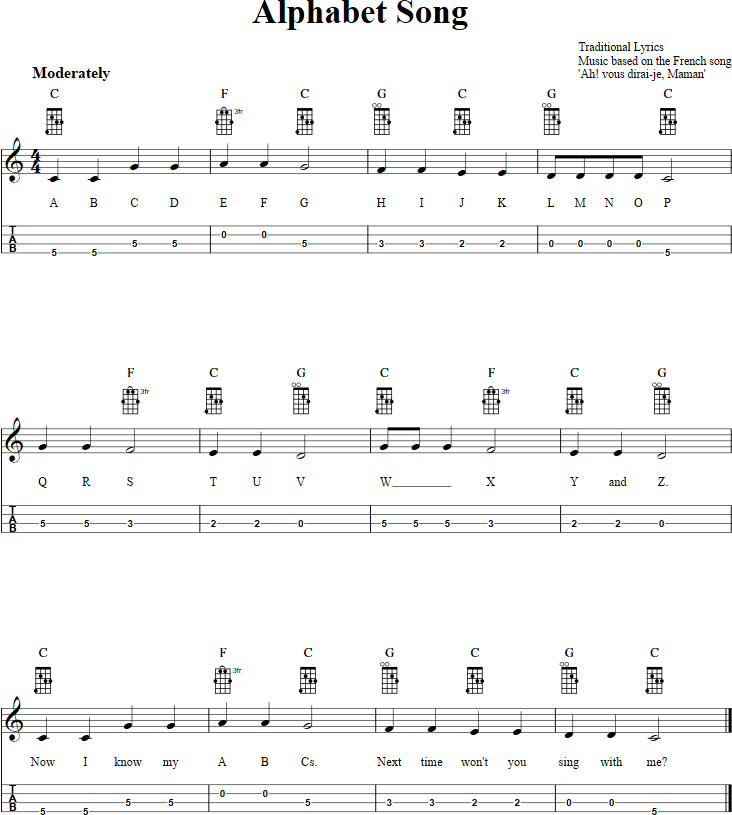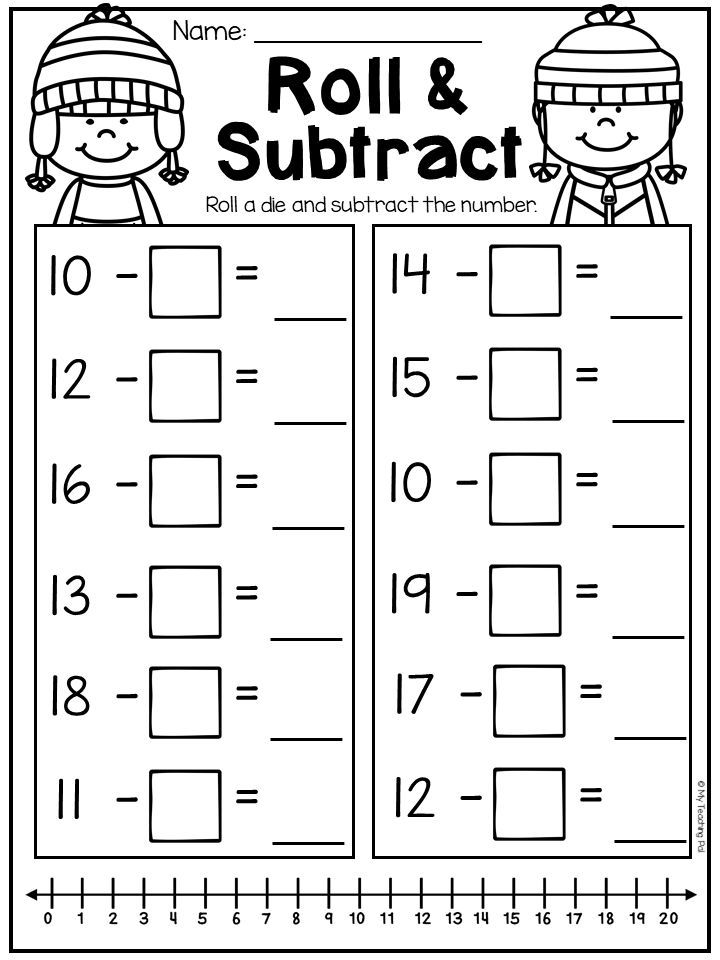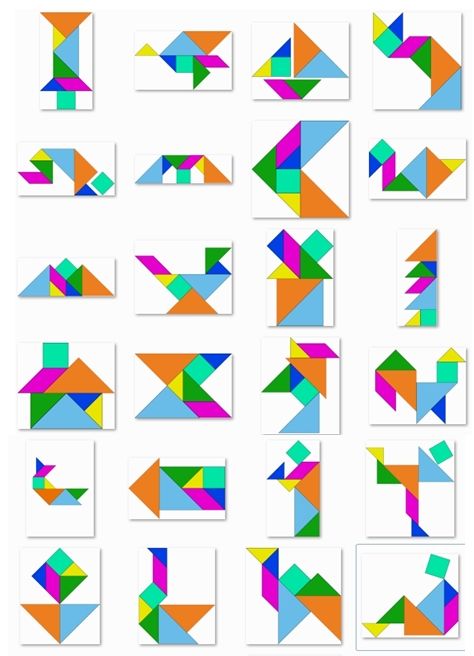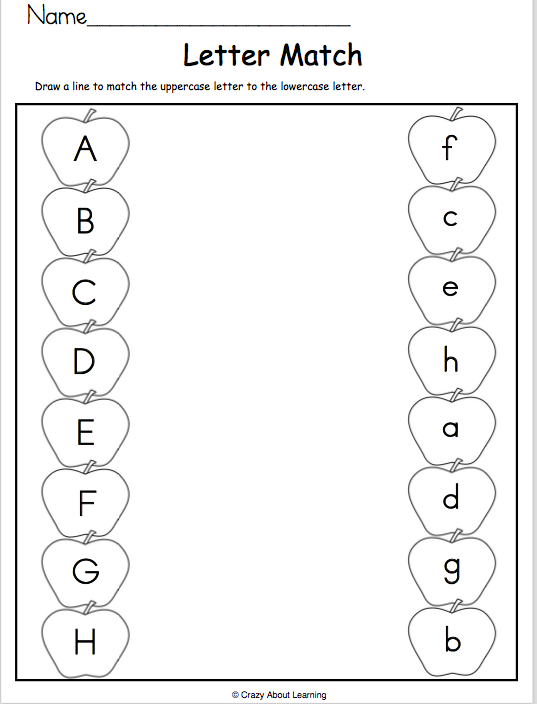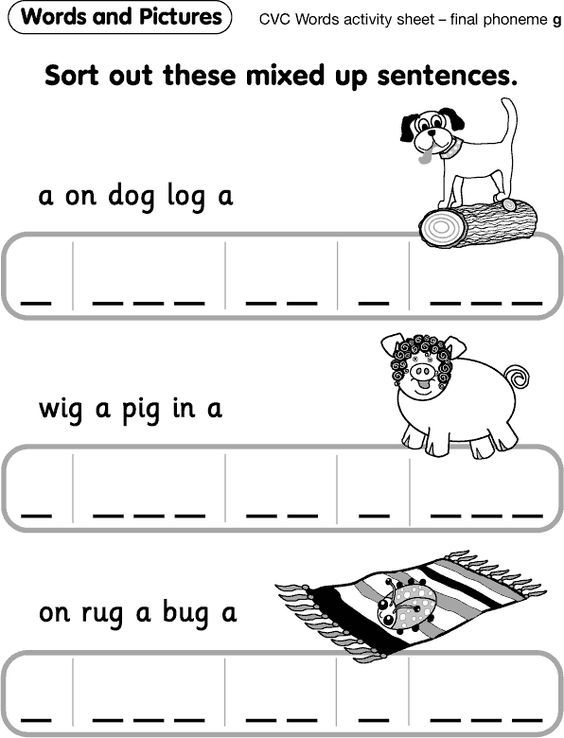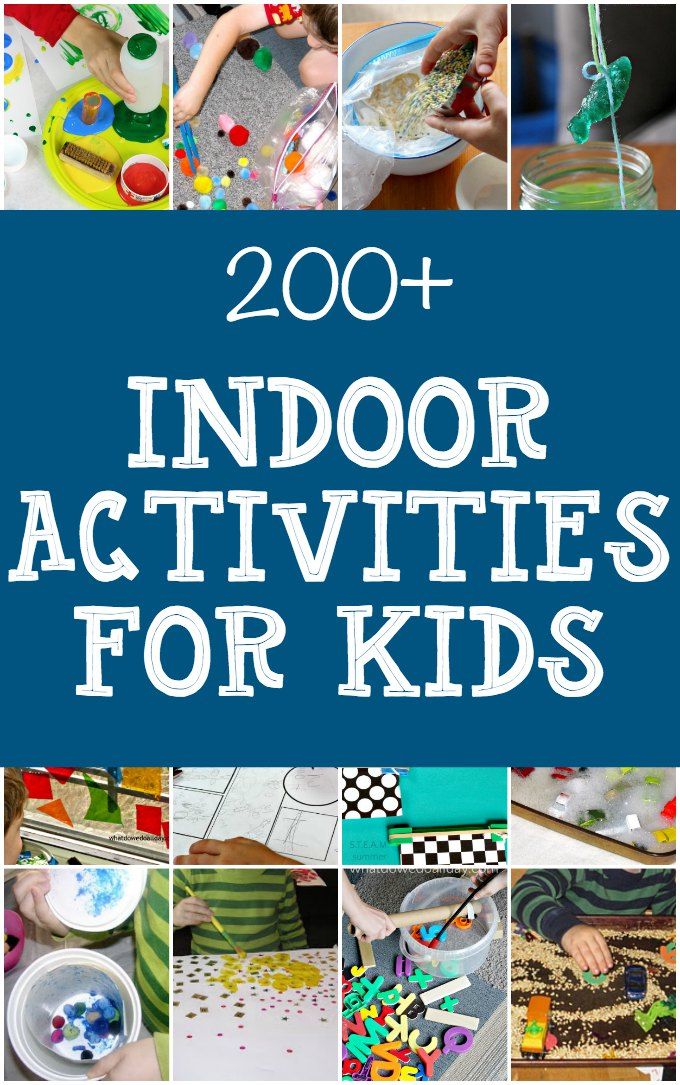Adjectives fun activities
11 Classroom Games for Teaching Kids About Adjectives
Traditional language teaching often focuses on repetition and rote learning, but children want to learn through experience and engagement. Discover how you can make learning fun with these exciting and easy adjective-based language games.
1. Introduce yourself
A good game to play at the start of the school year, the teacher can go first and then ask students to do the same. Standing at the front of the classroom, students introduce themselves to the class by describing qualities about themselves – for example, “I’m curious, cheerful and tall.”
2. Adjective match
Create a deck of cards with different adjectives written on each card. You’ll also need some images (pictures from magazines, travel brochures etc) that can be described by adjectives. Now here’s how the game works:
- Each player chooses an image.
- Deal four cards to each player.
- If the player can describe the image with all four cards they win.
If not, then discard a card and choose a new card from the pile.
- Play continues until a winner is found.
3. Noun showdown
Divide the class into two or more teams, then write a noun on the board or show it as an image. Teams have a minute to write down as many adjectives as they can. Teams get a point for every adjective that is appropriate. A fast, fun game that students love!
4. Show and tell
Students bring objects from home and describe them front of the class. The teacher takes notes of all of the different adjectives the student uses to describe the object. These can be displayed around the classroom later or the teacher can quiz the class on what adjectives were used after each presentation.
5. Describing the day
Like show and tell, have students come to the front of the class and use adjectives to describe their day so far. Lead them with prompts like:
- Describe your morning so far.
- Describe what you had for lunch.
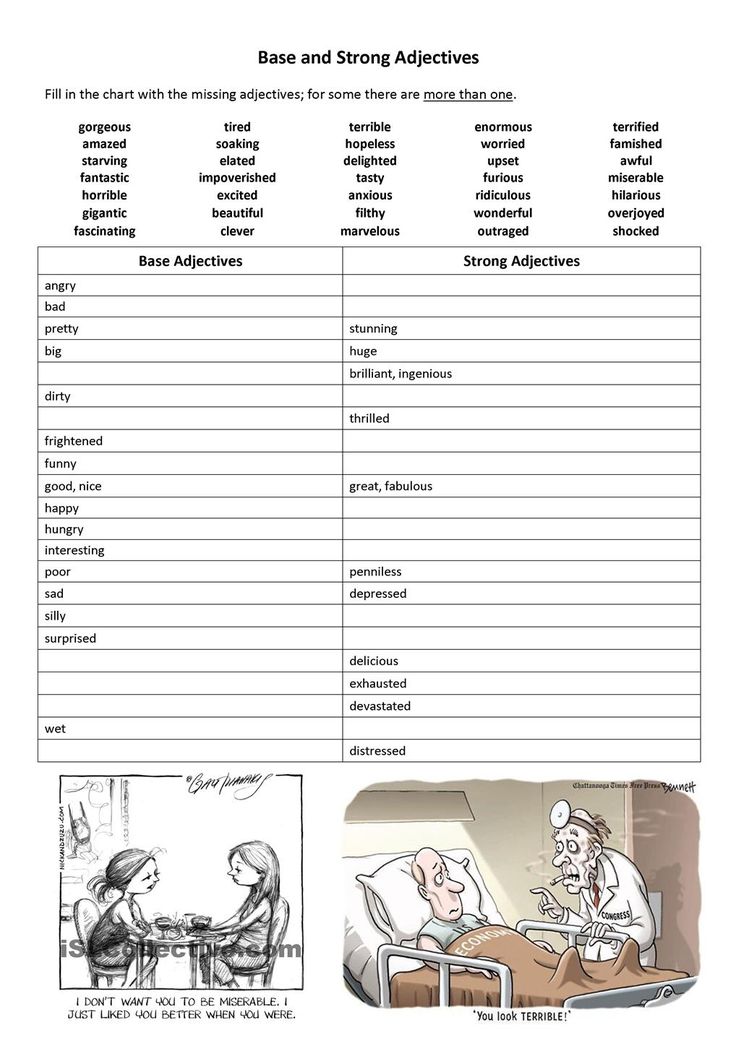
- Tell us about your maths class.
Try to guide students into giving descriptive opinions. Afterwards, quiz the class on aspects of the tale. “What adjectives did Rachel use to describe maths class?” etc.
6. Riddle game using adjectives
This is a fun game that tests student’s creativity and understanding using adjectives. Have students come up with ‘Who am I?’ riddles using adjectives to describe animals, people, vehicles and other nouns. Have them read the riddles out to the class (or in small groups) and see who can solve the riddle.
7. Circling the adjectives on favourite stories
There are a few ways to do this fun game that can be played in a group or during quiet time. Teachers can print out samples from student’s favourite stories or write them on the board. Encourage students to read through the story, circling adjectives as they go. The best thing about this exercise is its versatility, easily slipping into any lesson plan.
8.
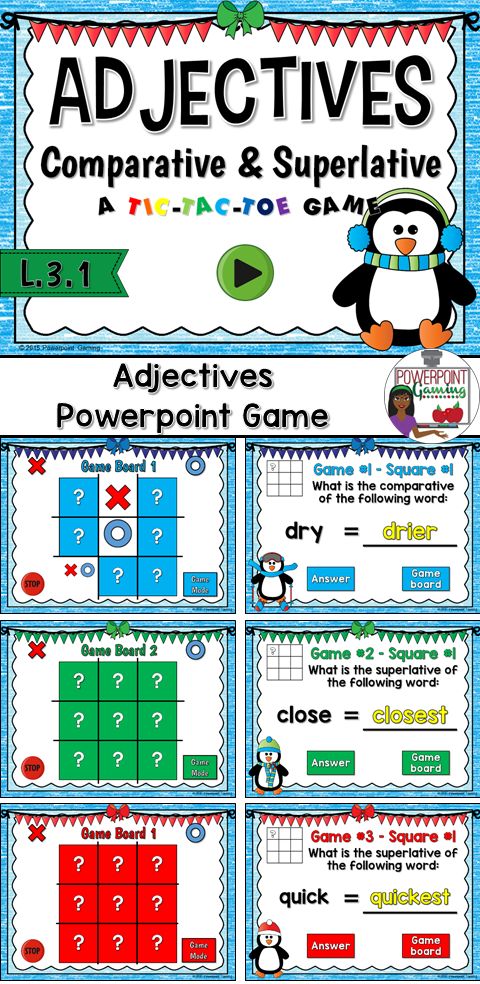 Lucky dip
Lucky dipThe teacher places different objects in a bag. Students are invited to come up and feel one of the objects, describing what it feels like. The rest of the class tries to guess what the object is based on the adjectives used.
9. Fishing for adjectives
This game requires a bit of prep, but is hours of fun and can be reused for other word groups like nouns and verbs. You’ll need a deck of flashcards, some magnets and a fishing rod. Here’s how to play:
- Write a noun, adjective or verb on each card. The words need to be clearly readable from a short distance.
- Attach paper clips to each card.
- Attach another magnetic clip to a children’s fishing rod.
- Scatter cards face up on the floor.
Encourage students to ‘fish’ the adjectives from the pile, with students taking turns controlling the rod. They’ll need to distinguish between the adjectives and non-adjectives before they can fish one out. Once they correctly fish out an adjective, you could also ask them to name an object that could be described using that word.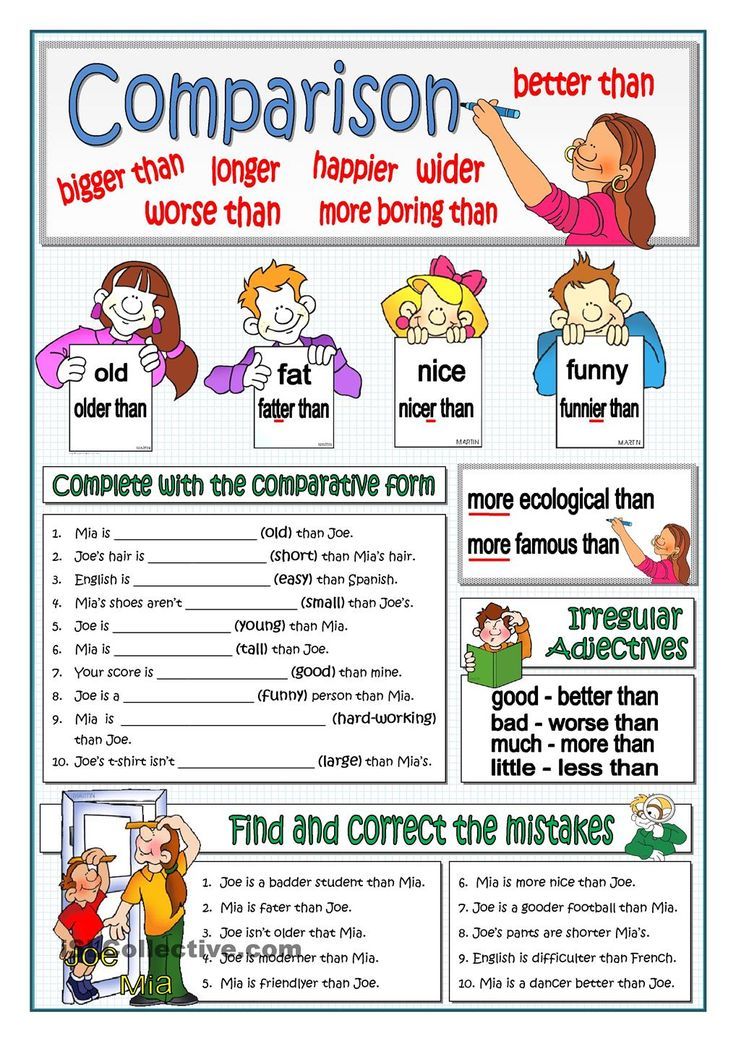
10. Describing your partner
Pair students up and ask them to describe each other. This can be a great exercise and also a great activity for teaching children positive social interactions, focusing on positive aspects of their classmates and developing empathy and sensitivity to one another.
11. Describing people
From a magazine collection, ask students to use adjectives in describing the various people on the pages. Try to vary the magazines and subjects. You can also move away from people to things (cars, boats etc).
Keeping students engaged
Educational games are effective because often students don’t even realise they’re learning while playing. Many are also versatile and can be tweaked or repurposed to use for other subject areas. Through games like these you can create a fun learning environment for your students that’ll help them pick up the difference between adjectives and other kinds of words in no time.
10 Fun Activities to Teach Adjectives
Aren't adjectives just so much fun! They are one of the most important parts of speech that you can teach.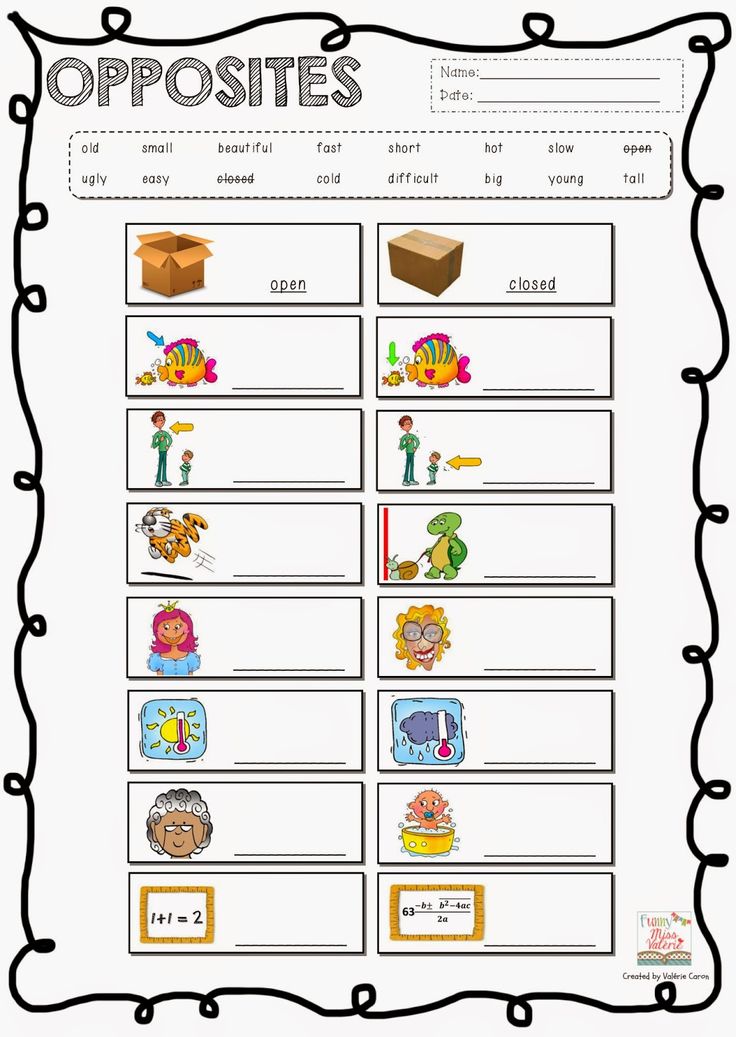 Why? Because adjectives make writing more meaningful, vivid and interesting. Adjectives are the key to getting students to become accomplished, creative writers. Let me give you an example. Here is a sentence without adjectives:
Why? Because adjectives make writing more meaningful, vivid and interesting. Adjectives are the key to getting students to become accomplished, creative writers. Let me give you an example. Here is a sentence without adjectives:
The bird is in the tree.
And here is a sentence with adjectives:
The baby bird is in the lush, green tree.
See the difference? The second sentence helps you to create a clearer image in your mind and visualize the text more effectively. I've put together a list of engaging ways that you can teach adjectives in your classroom.
10 Fun Activities for Teaching Adjectives
Teaching adjectives does not have to be boring (or full of worksheets). Here are 10 fun ways that you can teach adjectives in your classroom. Many of the activities are free and super simple to set up.
1. What's in the Box?
The best thing about this activity is that it is fun and free! Simply gather some things laying around at home or in the classroom such as an apple, pencil, glue stick, bottle etc.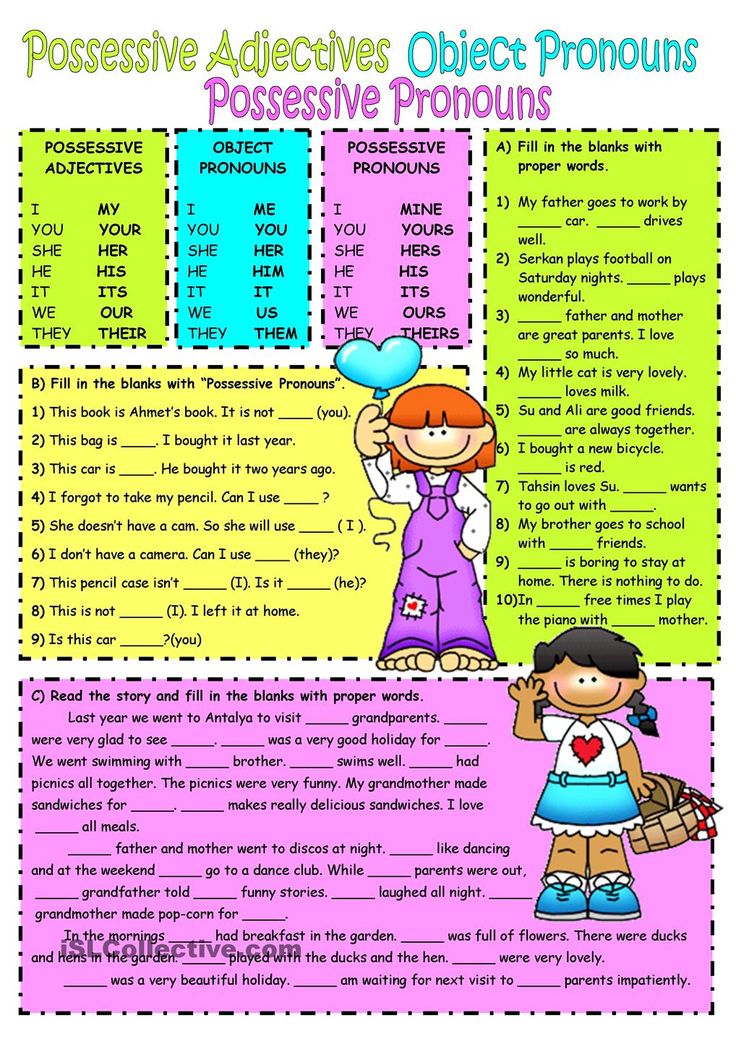 Then, place one of the objects inside a box or bag and choose a student to take a peek. That student describes what is in the box to the rest of the class using adjectives. The remaining students try to guess what the hidden object is by listening to the clues. For example, to describe an apple, students might say that it is round, it is red, it is crunchy, it is sweet.
Then, place one of the objects inside a box or bag and choose a student to take a peek. That student describes what is in the box to the rest of the class using adjectives. The remaining students try to guess what the hidden object is by listening to the clues. For example, to describe an apple, students might say that it is round, it is red, it is crunchy, it is sweet.
2. Guess the Animal
This activity is so much fun! It is very similar to celebrity heads where the student tries to guess what animal they are by asking questions. However, the adjectives twist is that the student must use an adjective in each question. For example, Am I green? Do I have four legs? Can I run quickly? Am I dangerous? Can I swim fast? Am I fluffy? Do I have soft skin? Do I have a spotty body? And so on. I made the headbands from some card stapled together at the ends. Super easy and so much fun! You can find the pictures in my TPT store here.
3.
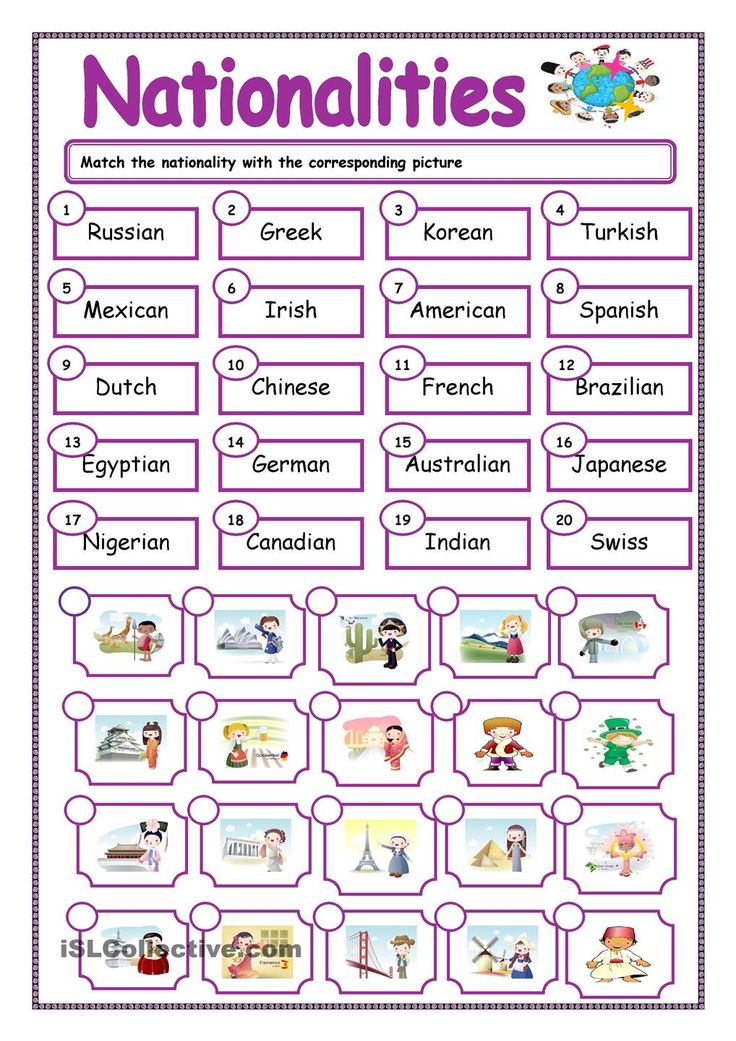 Find an Adjective
Find an AdjectiveWant to incorporate adjectives into your guided reading groups/literacy centers? This is a great way to provide students with practice in identifying adjectives. As a bonus, this activity also gives them the opportunity to examine how authors use adjectives in their writing. To complete the activity, students flick through their guided reading books and locate all of the adjectives that they can find. Have them note them down in their workbooks or on a mini whiteboard. As an extension, have students find a sentence without an adjective and get them to rewrite it with adjectives.
4. Describe It
It is so important to get students thinking about how to describe objects. Using adjectives in writing is great, but they must be relevant too! This 'Describe It' activity has students thinking about the best suited adjectives for each of the nouns. To play, students choose a picture card and then select 4 relevant adjectives to describe it.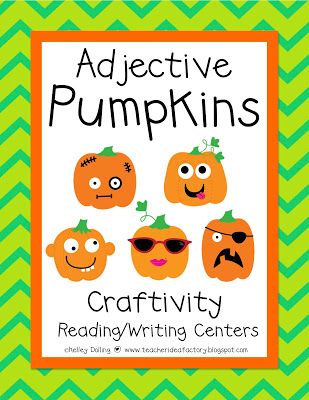 Then, they write a sentence in their workbooks using one or more of the adjectives. You might like to change it up sometimes too by having students choose the silliest adjectives to describe the pictures. This helps to highlight how some adjectives just do not go with words. Plus, it will have them in giggles too! You can grab this activity here.
Then, they write a sentence in their workbooks using one or more of the adjectives. You might like to change it up sometimes too by having students choose the silliest adjectives to describe the pictures. This helps to highlight how some adjectives just do not go with words. Plus, it will have them in giggles too! You can grab this activity here.
5. Pick a Noun
I know that 'noun' is in the title but I promise this is totally an adjectives activity. It is a great warm-up and is perfect for getting students thinking about how adjectives can describe certain objects. To play, choose an adjective such as 'long' and have students brainstorm all the different things that can be described by this word. For example, snake, pencil, ruler, hair, dress, bananas, worm, rake.
6. Edit a Sentence
Once students begin using adjectives in their writing, you might be find that they keep using the SAME adjectives ALL THE TIME. 'There was a nice girl who lived in a castle. It was a nice day and she met a nice prince and they had a nice day together.' Yep, bet you've all experienced this and are cringing right now. This is where the 'Edit a Sentence' activity comes in. Students read the sentence and rewrite it by swapping the adjective/word with another from the table. I love this activity so much because it expands their adjective vocabulary and shows them how multiple words can be used to describe a certain noun. R.I.P nice. Glad to see you go.
'There was a nice girl who lived in a castle. It was a nice day and she met a nice prince and they had a nice day together.' Yep, bet you've all experienced this and are cringing right now. This is where the 'Edit a Sentence' activity comes in. Students read the sentence and rewrite it by swapping the adjective/word with another from the table. I love this activity so much because it expands their adjective vocabulary and shows them how multiple words can be used to describe a certain noun. R.I.P nice. Glad to see you go.
7. Draw a...
This is a fun one! Get students to design a new animal, monster or robot and then have them list some adjectives to describe it. If you want to link this activity with another learning area, it pairs super well with creative arts. The above 'Rabbicafish' was completed as a part of the lesson 'Critters from Alien Earth' which you can check out for free here.
8. Alphabet Adjectives
This activity will get students thinking! Have students write out the alphabet and choose an adjective for each letter.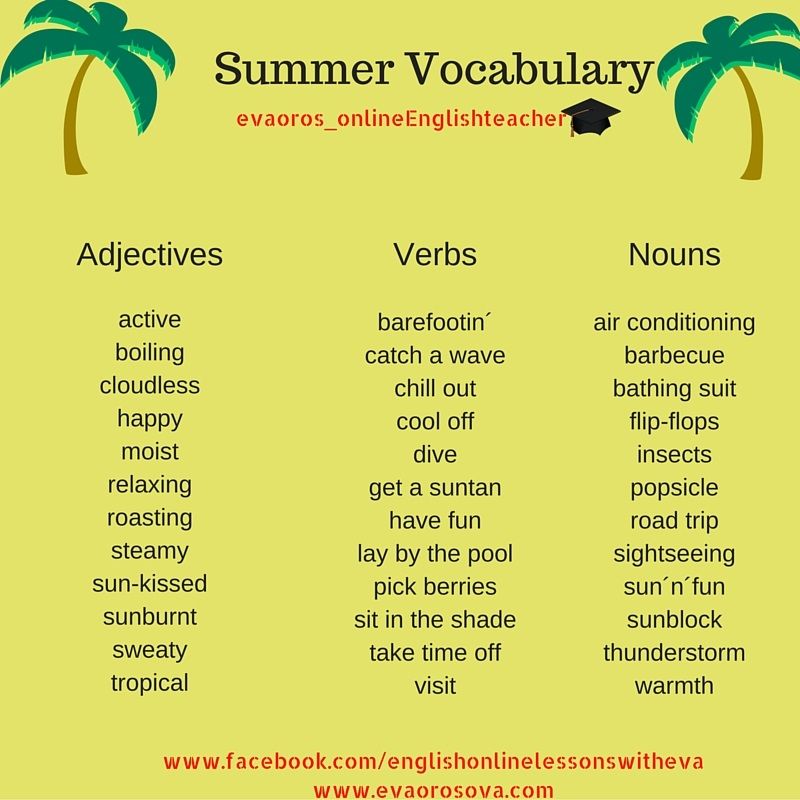 Here are a few to get your students started. A = awesome, amazing. B = beautiful, big, bouncy, brown. C = cold, clear, cute. D = dry, dirty, deep, dangerous. E = elegant, easy, excited. I love this one because it requires minimal resources and can be extended by having students use a few of the adjectives in sentences. It is also a great fast finisher idea and can be repeated with both nouns and verbs.
Here are a few to get your students started. A = awesome, amazing. B = beautiful, big, bouncy, brown. C = cold, clear, cute. D = dry, dirty, deep, dangerous. E = elegant, easy, excited. I love this one because it requires minimal resources and can be extended by having students use a few of the adjectives in sentences. It is also a great fast finisher idea and can be repeated with both nouns and verbs.
9. Opposites
Here's another great warm up activity. Call out an adjective and have students call out (or write down) its opposite. Check out the table below for some ideas:
10. Adjective Sort
Adjective Sort should have been number one on this list of activities but here we are. Before the rest of the activities on this list can be completed, students must be able to distinguish adjectives from other words. If students are still mixing adjectives up with nouns and verbs then they won't be able to complete any of adjective activities successfully or incorporate them into their writing effectively.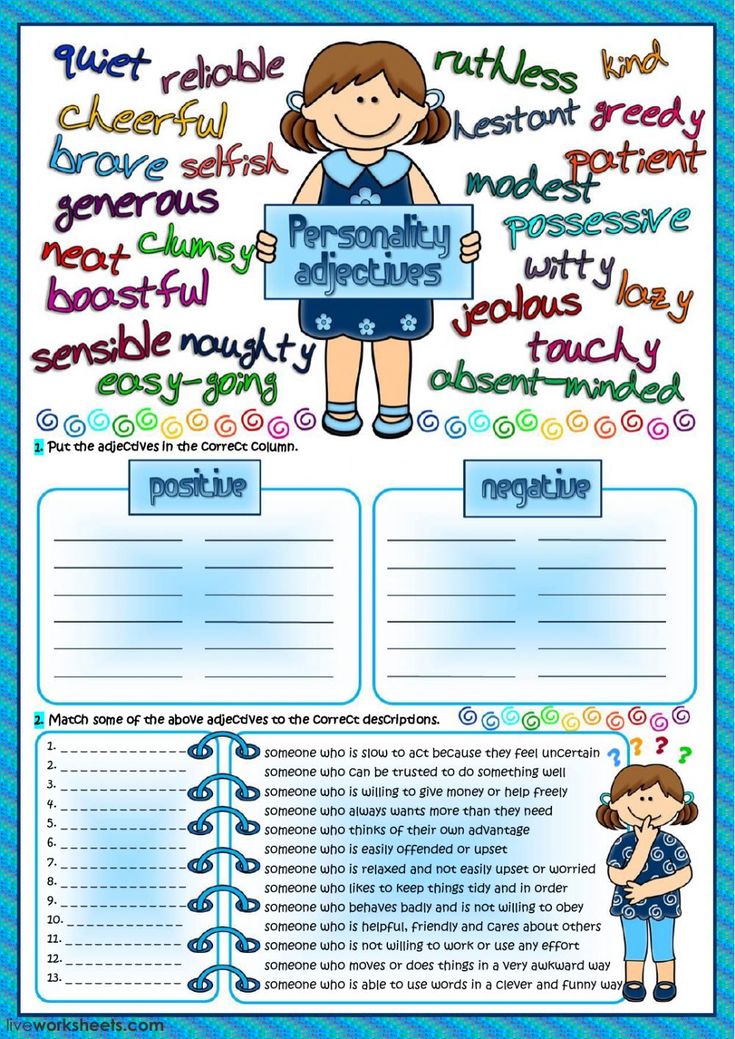 This adjective sorting game is a straightforward way for students to distinguish adjectives from other words. They read the word, decide whether it is an adjective or not and then write it in the matching column. You can check this activity out here.
This adjective sorting game is a straightforward way for students to distinguish adjectives from other words. They read the word, decide whether it is an adjective or not and then write it in the matching column. You can check this activity out here.
What fun ways do you use to teach adjectives? Comment below, I'd love to know.
If you'd like to check out the resources in this post, you can find them here:
Adjectives Literacy Centers
Edit a Sentence Activity
Exercises and tasks on the topic: adjective
1. Write off. Determine the class of adjectives.
Swan pillow, swan down, silver spoon, porcini mushroom, white handkerchief, old gramophone, old woman's cough, Pushkin's lyrics, pork fat, veal chop, calfskin, roast lamb, mutton sheepskin coat, mutton horn, butter pancake, butter rags, bear trail, bear service, bear coat, bay horse, fawn color, red color, beige kimono, air mattress, brown sofa.
2. Write off by inserting the missing letters.
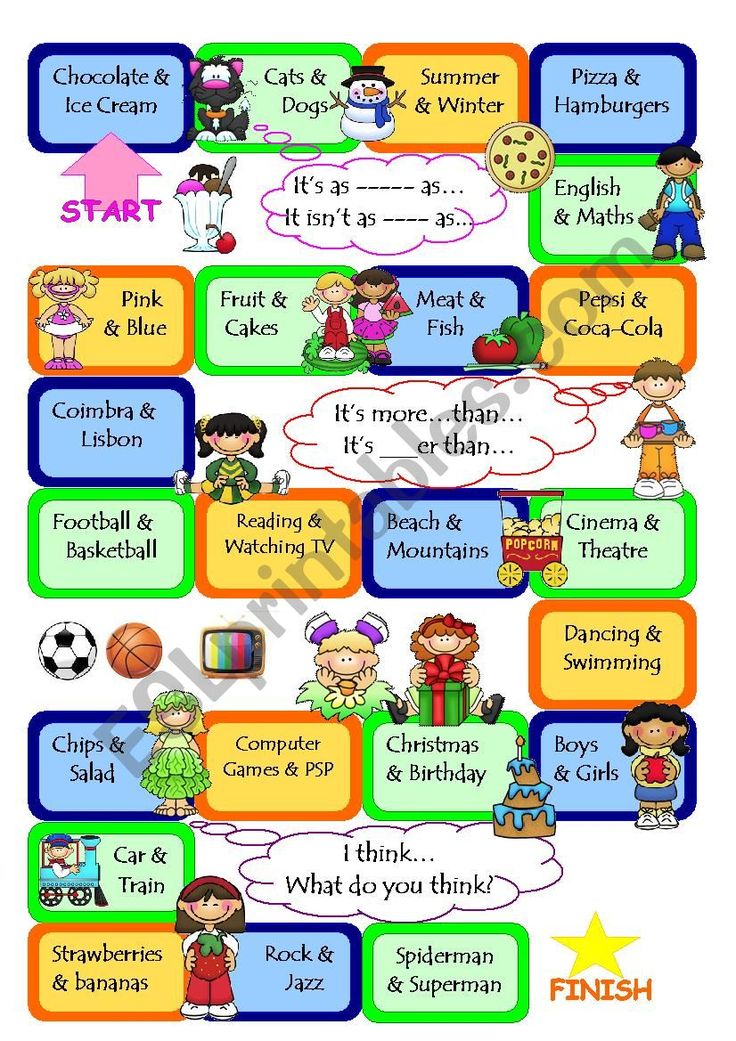 Underline the adjectives, determine their category.
Underline the adjectives, determine their category. The whiteness of the snow made her new paws turn green even more fiercely. The steam of the uncold lowlands rose to the level of tree tops and scattered on birch branches. Countless drops of tiny beads sparkled on the sun. The frost began to slowly shave everything that had at least a small fraction of moisture. The forest river, which only yesterday was running towards the blizzard, began (s, h) to crush with silver teeth. Transparent ice confidently poured into the middle of the jet, squeezing the water current carrying a crushing shell. And everything around be (s, h) shone noisily, sparkled, sparkled. But, barely having time to warm up, our great light began to blush and fall on the distant forest tops. Lilac glowing wings, passing into the depths of the dark expanse, descended lower and lower. In the constellation of Gemini, the awakened Mars, the god of the Roman pagans, the patron of wars and conflagrations, flashed with a reddish eye.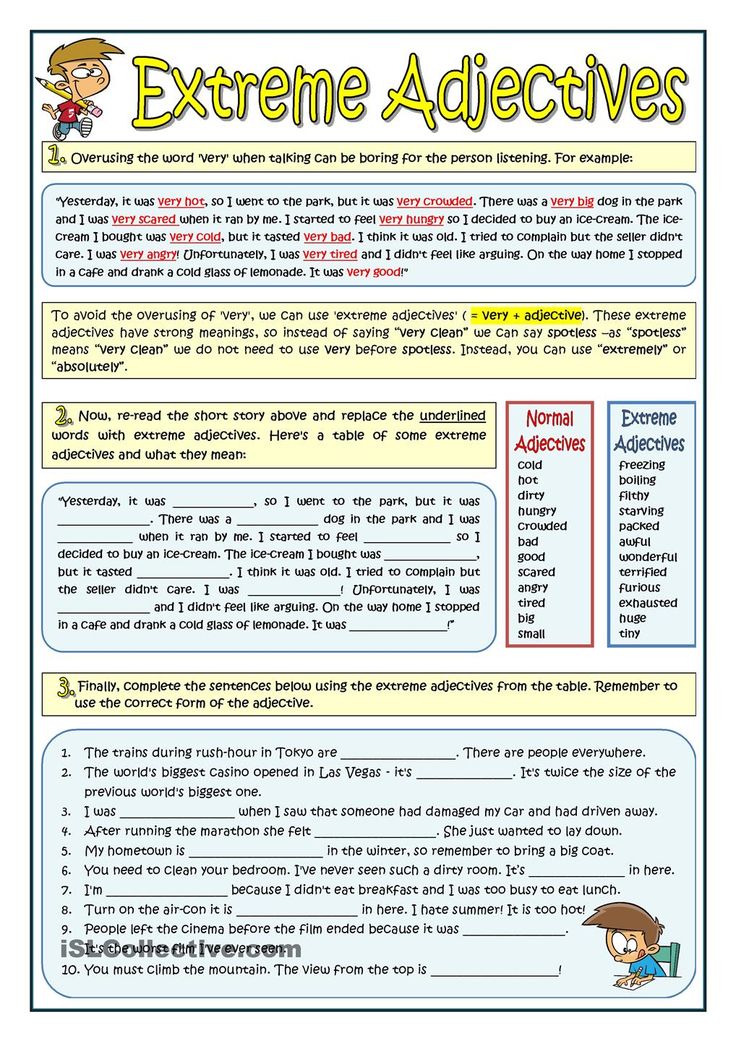 But this brilliance immediately and (s, h) chaz, lost in the twinkling of countless stars. And now close and distant star clusters have already hung over the world. Only a month, glowing with bright yellow, but still not (with, h) a cheap light, seemed to be very close to the frosty forest land. (According to V. Belov)
But this brilliance immediately and (s, h) chaz, lost in the twinkling of countless stars. And now close and distant star clusters have already hung over the world. Only a month, glowing with bright yellow, but still not (with, h) a cheap light, seemed to be very close to the frosty forest land. (According to V. Belov)
3. a) Indicate suffixes and endings in words. Use adjectives in the form R. p. and many others. hours as part of phrases.
Hot, veal, girlish, colonel, fresh, official, spring, bird, robber, blue, fish, badger, loud.
b) Form possessive adjectives. Highlight their suffixes and endings. Write down words from which possessive adjectives cannot be formed
Gardener, cab driver, old woman, carpenter, carrier, boy, hunter, river, forester, turkey-cock, landowner, cat, shoemaker, frog, cuckoo, mushroom picker, rags, depth, captain, hawthorn , blueberry.
4. Form adjectives from these nouns using the suffixes
-chat-, -at-. Highlight suffixes.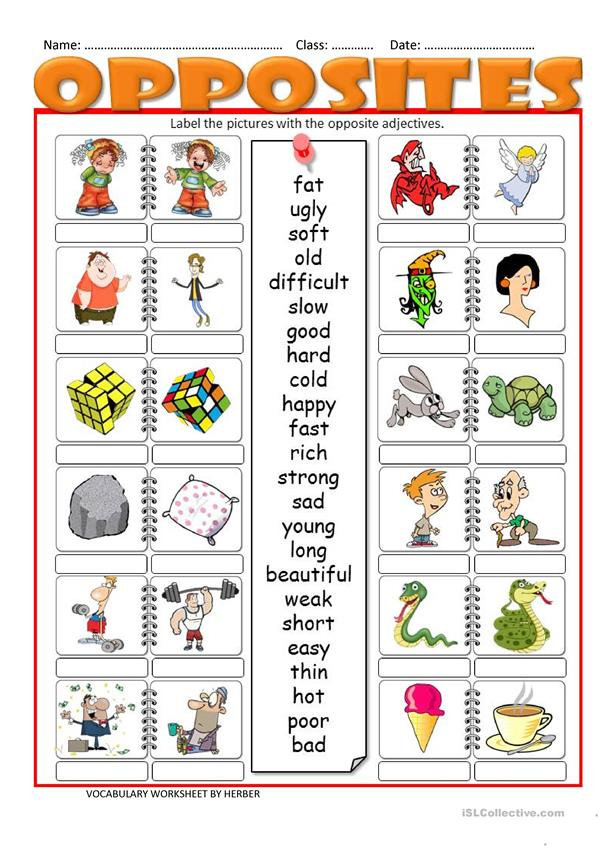
Freckle, shimmer, log, crumble, eyelash, cage, comb, paw, step, tile, explosion, bubble, knee, mesh, board, tooth, beam, oilcloth, pattern, bump.
5. Insert, where necessary, the suffixes
-к- or -к - and the missing letters. Explain the spelling of adjectives.Kuban, rebel, flat, burlats, dense, june, barefoot, san-franci, kalmy, candida, men, fish, close person, Belarusian jersey, walnut, old palace, wives of the Decembrists, nationalist newspaper in the Caucasus, plov , conspiratorial appearance, propaganda speeches, vile trick, slippery path, shaking ride, viscous clay, tourist route, narrow path, sailor's peakless cap, Hindu customs, rare-toed shoes, speaks French, lyceum traditions, typesetter, Kyrgyz, lawyer, detective , Finnish, Nepalese, cadet, avant-garde, laborer, warrior, German, Turkish, Tungus, Russian, colonel, bureaucrat, journalist, Caspian, janitor, well done, archer, palace, savage, reformist, peasant, Tajik, tajik.
6.
 From these words form adjectives with suffixes -k- or -sk-. Make phrases.
From these words form adjectives with suffixes -k- or -sk-. Make phrases. Brother, Siberia, dare, Gomel, Slovak, Cossack, plane, Kazan, secretary, Circassian, hero, Dobrush, angel, healer, tramp, January, Yelets, miner, Prague, Czech, huntsman, post office, December, Yelsk, lieutenant, Ural, weaver, archer, amateur, knight, Zhitkovichi, Frenchman, adjutant, Tajik, draft board, fleet, slide, Volga region, Polissya, Los Angeles, man, Voznesensk, tourist, artist, Zalesye.
7. Form the phrases “adjective + noun” from these nouns. Highlight the adjective suffixes. Sample: sailor cap - sailor cap.
Petrograd workers; uprising of archers; committee of the poor; aunt from Ryazan; king of Prussia; fortress in Brest; enterprises of Gomel; a ship from Kronstadt; MP's decision schools in Khoiniki and Miloslavichi; sailor cap; nuts from Greece; goods from Turkey; the position in which fools fall; barge work; club of bibliophiles; solitude in a monastery; holidays in January; coachman's song; frosts in December; fox collar; water from the key; suede gloves; route around the ring; a flag made of kumach; brocade dress; the tusk of a walrus; pear and plum jam; thickets of reeds; plum compote; wax seal; aluminum wire; purchases for pennies; cuckoo cry; step of the old woman; shoulder straps of a lieutenant; the appeal of the pacifists; exclamation of an amateur; duties of an adjutant; courier from the post office; the publication; Circassian hat; Eskimo boat; the arrival of the abbot; pale face; Council under the President.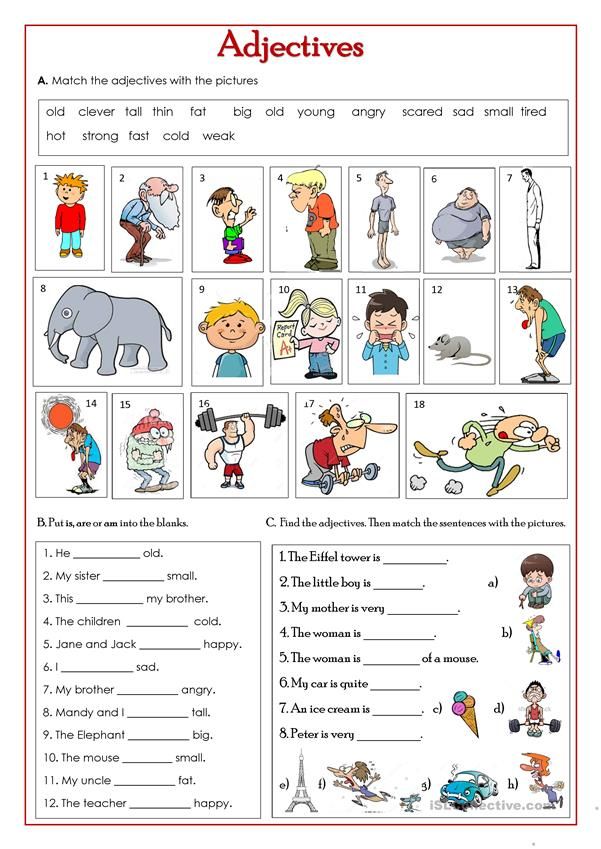
8. Form adjectives based on the combinations "preposition + noun". Sample: without joy - joyless.
No initiative, no taste, no mercy, no impulse, no tongue, no count, no wind, no seam, no bone, no consciousness, no alcohol, no compromise, no power, no interest, no appeal, no meaning , without bias, before exams, before July, before an anniversary, between institutes.
9. Insert the missing letters, highlight the suffixes of adjectives.
Greek, half, industry; gracious, aluminum, cloak, enamel, tulle, ensemble, envious, holy fool, beige, monastic, sweet, ardent, boyish, ornate, bushy, enterprising, talkative, restless, helpful, thoughtful, sympathetic; speech_howl, suede, appetizing, neat, wet, lilac; long, narrow, scarred, dapper, cautious, intricate, plump, gutta-perch, yeast, howl, ring, cheerful.
10. Insert the missing letters, highlight the suffixes of adjectives.
Young, log, furrowed, scaly, changeable, quartz, warty, accommodating, long, greek, mild, stepped, tanned, folded, co_vy, guessed, bluish, match, friable, finger_y Fent_vil, ugly, stupid, tone, trout, chitz_vy, false, owl, sung, blue, young, short, short, heavy, dough, red, red, ribbed, thoughtful, deceiver, zeal, senior, senior.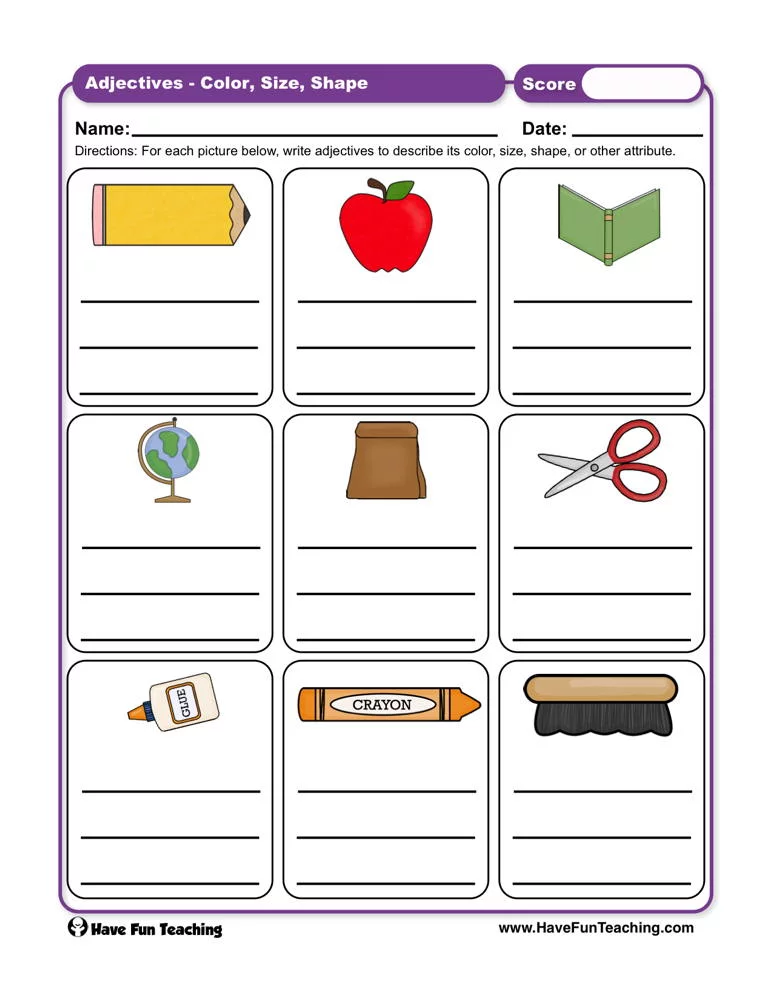 , stooped, publishing, carpenter, lattice, tiled, Transcaucasian, driver, seedling, obtrusive, shy, gritty, reddish, plush.
, stooped, publishing, carpenter, lattice, tiled, Transcaucasian, driver, seedling, obtrusive, shy, gritty, reddish, plush.
11. Write off. Insert the missing letters where necessary. Explain spelling.
Vya_kiy silt, weaving machine, Kalinkovy_kiy meat-packing plant, Siberian frosts, caucasian_kind of hospitality, jousting tournament, shy guy, talented artist, buckwheat porridge, key question, dry summer, flannel_ shirt, confused answer, low voice, Uzbek cotton, vile type, Astrakhan watermelons, brutal appetite, burly ships, Gogol's heroes.
12. Write off, insert the missing letters. Having opened the brackets, form the appropriate adjectives, highlight the suffixes.
1 A threefold increase in the epidemic threshold was registered in (Gomel, Rechitsa, Mozyr, Yelsk, Rogachev, Khoiniki, Lelchitsy, Parichi) districts. But the highest level of morbidity was noted in the (Zhitkovichi) region. (Z, s) a flu epidemic has already been declared here. 2 To my great regret, the feat of the peasants who lived in the current (Brest and Grodno) regions, who accepted into their families in July - September 1941 the wounded, who had escaped from captivity, who had fallen behind the units of the Red Army and commanders, turned out to be completely forgotten. These people were in mortal danger, because, in accordance with the orders of the (German), the commands were to be shot. (Gas.)
13. Write off by inserting the missing letters
n or nn . Indicate the generating stem and the suffix with which the adjective is formed. Silver, clay, bee, discussion, drum, wood, guest, karma, glass, card, straw, leather, medicine, sand, weight, tribe, ice, linen, time, pewter, brown, cranberry, cranberry snake_y, courage_y, crimson_y, chicken_y, countless_y, dressy_y, swans_y, section_y, owl_y, letter_y, old_y_y, stray, limo_y, mosquito_y, lecture_y, solemn_y, mysterious_y, barkha_y, kame_y, sheep_y, canvas_y, action, phase, oil_y, life, human, constitutional, eagle, army, substance, oil, sable, quail, empty, pension, foliage, macaroon, aviation, windless, diseased, distress, razor, birch bark, dove, sparrow, instant, flame, opposite, comemisio, horse_y, telephone_y, traditional_y, pshё_y, farm_y, tiger_y, rstya_y, million_y, tower_y, true_y, migratory_y, mountain_y, pumpkin_y, editorial_y, weby_y, grass_y, letters_y th, distant, sensational, form, hawk, mouse.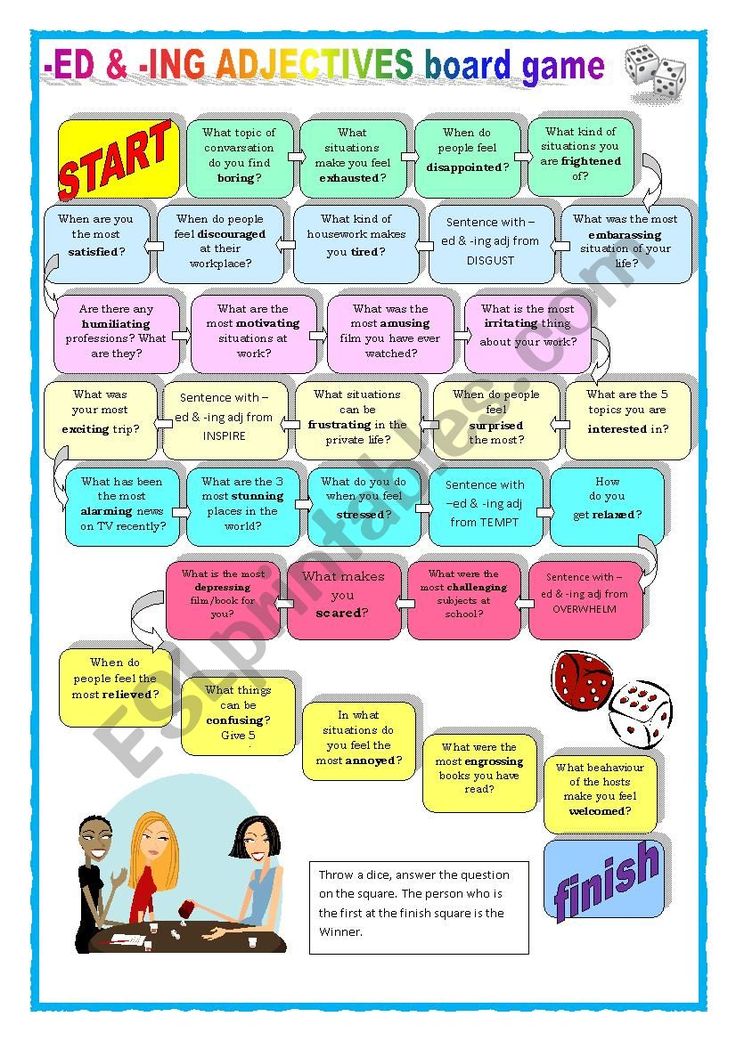
14. Form adjectives from the following words and write them down as part of phrases. Highlight the suffixes and explain their spelling.
Art, occupation, editorial, set, letter, evolution, foliage, constitution, life, straw, oath, morning, cranberry, revision, excursion, illustration, courage, Fatherland, agitation, celebration, dinner, division, number, greeting, art, wind
15. Write off by inserting the missing letters
and or nn . Pyrite ore, herring barrel, check step, spicy aroma, guest yard, ruddy boy, wooden stick, bull horse, barkha sands, silver spoon, container blow, cereal products, loud sound, glass goblet, interior fat, true patriot, windless day, old service, swan cry, the only child, the crane wedge, the terrible deed, the newsletter, the millionth city, the leafy forest, the solemn march, the artificial flower, the cranberry juice, the straw hat, the dinner table, the foggy day, the wood warehouse, the woolen suit, clay jug, these curtains, linen shirt, rat poison, revolutionary coup, feature film, tin spoon, nightingale's singing, numerous reasons, worthless gift, remarkable abilities, television program, divine pillow, foreign citizen, windy day, second child, second wave , long belt, ulcer disease, windy day.
16. Write off by inserting the missing letters
n or nn .Feuillet genre, canvas shirt, reaction tin, cologne concentrate, chicken broth, million tractor, butter porridge, wardrobe, ants acid, windy weather, leather cloak, mouse tail, art style, oil stain, battle commissar, chi_ commissar, ham sausage, earthen complexion, propaganda poster, tin spoon, windmill, stationmaster, silver bracelet, fiery speech, swan wedge, crane cry, straw hat, peat briquette, foggy morning, adolescence, linen curtains, pork chops, dead chops abilities, secret desire, false information, old service, clay jug, green apple, herring barrel, empty street, peremptory judgment, sandstones, rehearsal testing, impeccable performance, hexagonal object, mica coating, salt solution, simultaneous coexistence, semi-woolen_e blanket, lecture blanket audience, oatmeal porridge, piano sketch.
17. Insert missing letters. Indicate the generating stem of adjectives.
Template phrase, poplar fluff, versatile mind, neurotic, good heritage, moshe_ik, duality of feelings, everyday life, majestic_th monument, impudent_th gesture, octahedral_ik, restless_household, ambiguity_of the phrase, internal_energy, having_a, busy, seasonal_sales commission, icy, pewter, windy youth, vile humanism, natural sciences, spicy aroma, drumming, organ concert, herbal mixture, wooden toy, information program, groundnut, white flour, pasta factory, radiation threat, windless weather, trade schools, eagle look, million visitor, stone descent, wind engine, battalion commander, reproachful look, official account, fire spark, mysterious island, birch bark panel, animated film, oil paints, glass button, customs duty, vile fact, remarkable abilities, leather pants , there was a hero, a courageous act, having a watch, a long table, a quail hunting, silver spoons, crane cooing, swan song, sheepskin coat, this barn, ring finger, bone figurines, wool, life experience, temporary residence, leather shop, water pump, wood storage, livestock, earth floor, fiery speech, blood pressure, linen suit, humane attitude, karma money, earthen jug, handkerchief clothes, art diamond.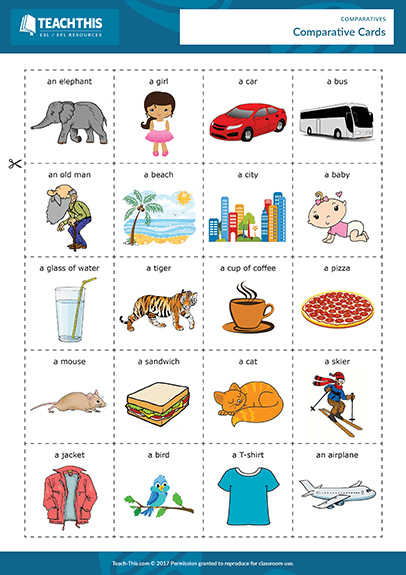
18. Form adjectives with suffixes
-iv-, -ev-, -chiv-, -liv- . Explain the spelling of suffixes.Root, fastidious, nickel, calculation, gap, fabric, astrakhan fur, coquetry, tulle, resentment, pity, proud, ermine, zero, nit-picking, respond, participation, drift, share, find (a way out of any situation), rod, shadow, aluminum, get along, roofing felt, soy, cough, buckwheat, forget, gutta-percha, gel, conscience.
19. Insert missing letters; explain the spelling of the suffixes. Make morphemic and word-formation analyzes of the underlined words.
1 Her clear, always trusting eyes were troubled. 2 Gracious sovereigns and merciful sovereigns! Today, so to speak, the day ... (Ch.) 3 A flannel robe and slippers will finish my suit. 4 But Yasha turned out to be an extremely sticky guy. (D. Gr.) 5 Cheerful, timid and shy breeze. (Ec.) 6 Potassium fertilizers have been added to the soil. 7 Piano music lovers gathered in the guest room. 8 In our village, this strange, harmless old man was considered by everyone to be a holy fool.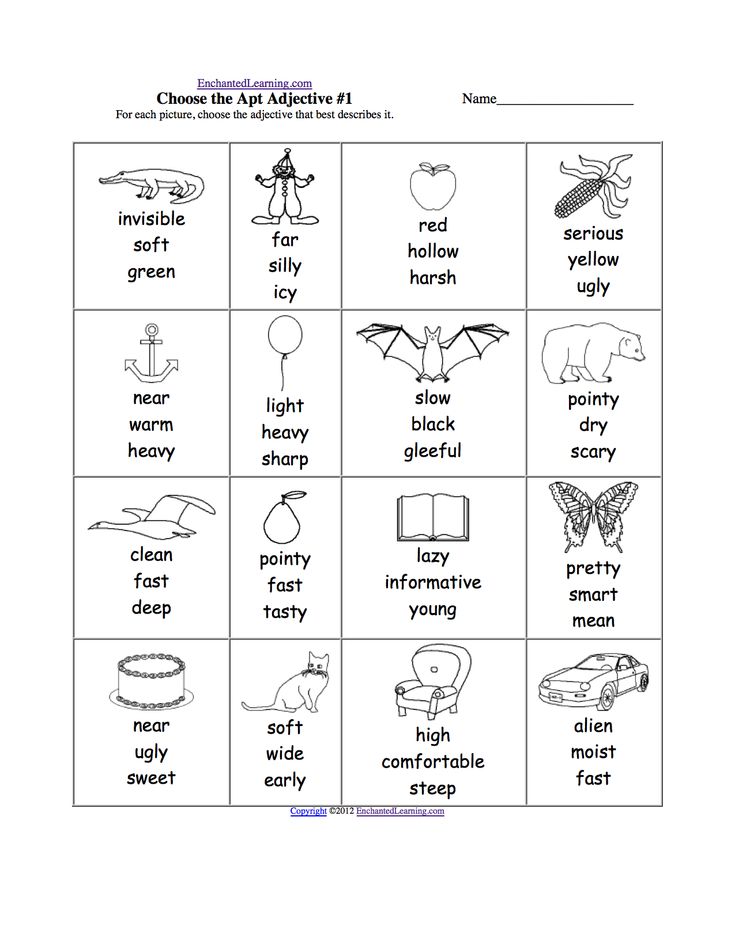 9And at first I forgot about my everlasting independence.
9And at first I forgot about my everlasting independence.
20. Rewrite the words. Break out the accents. Form phrases.
More beautiful, plump, expert, girlish, hemp, looped, belt (o, s), sisters, carpentry, customs, comradely, oxal, forceps (o, e) vyy, scanty, phenomenal, marker (n, ck) th line, star-shaped, windowed, purple, gentle, barefoot, beetroot, vaunted, kitchen, plum, boiled, pear(e, o)vy, mozhzhev(e, e)lovy, jagged, spongy, cherry.
21. Determine the morphemic composition of adjectives.
Superfast, transoceanic, silent, sad, family, rabbit, sharp, nosy, mermaid, goose, sister, fascinating, hay-harvesting, Russian-Belarusian, thin, scarlet, wide, hanging, lifeless, restless, four-tiered, high school, upsetting, exhaust, emergency, mutton, orange, army, windless, Belarusian, silent, backyard, ridiculous, poor, forest park, foreign, extra urgent, yesterday's, walrus, lifetime, mental, trendy, log, forehead, truthful, Machine (doll), freckled , the day after tomorrow, undivided, five-liter, joyless, linguistic, deserted, suburban, friendly.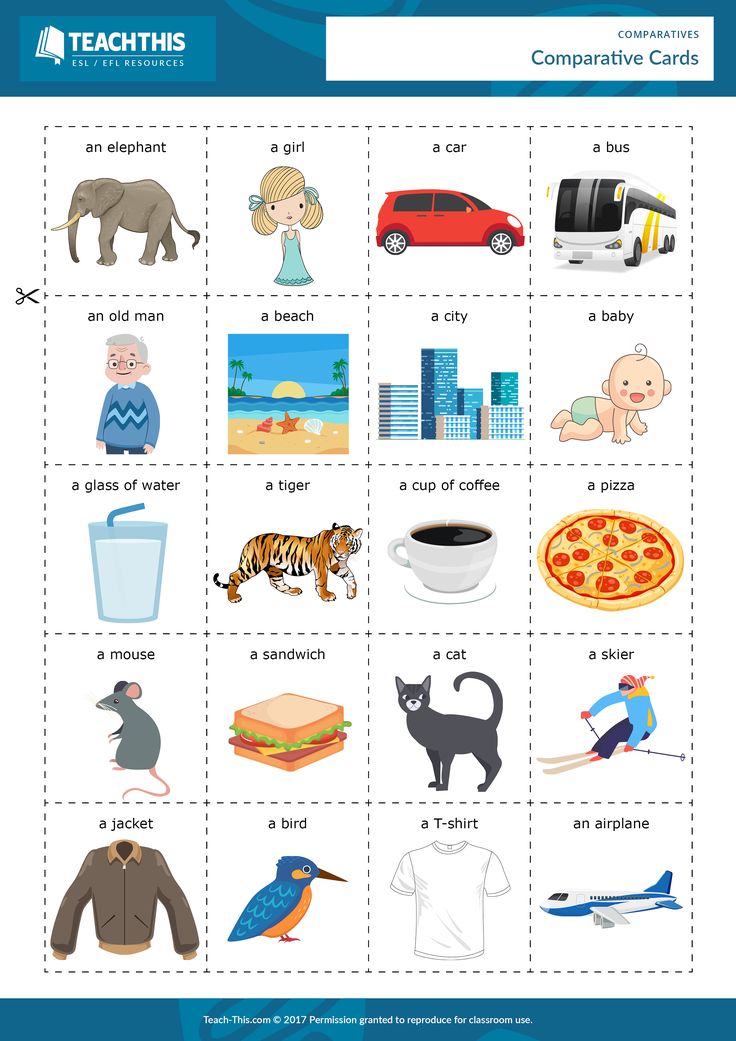
22. Add the endings of adjectives and verbs.
1 The children looked at the funny chimpanzee. 2 They hung an elegant planter. 3 Unknown_ Tokyo. 4 Capable apprentice. 5 Three black roses. 6 Delicious salami. 7 The young engineer Pavlova answered the question. 8 The young lawyer Krasnov spoke well. 9 I read two new magazines. 10 Dima is a big rogue. 11 A little ant crawls. 12 Three tea roses bloomed. 13 The experiment was conducted by an experienced biologist Lebedeva.
23. Write off by inserting the missing letters. Determine the forms of degrees of comparison of adjectives. Highlight the inflectional suffix. Set the initial form.
Good art should get even better; social shifts are most strongly associated with changes in state policy; made a strict selection; speak from the heart in the simplest words; the theater should be simpler, more expansive, more understandable; his intellectual outlook is wider; a stronger, more truthful and sustainable image; gross mistakes; find the most accurate, vivid, weighty words; give literary material a more or less perfect artistic form; take two ropes, thinner and thicker; try to skip this simplest numeral; in such conditions we become more humane; condition - you can’t imagine worse; the professional must be familiar with the latest terms; the smallest lie_ is a reason for distrust; that lamb was the fool of all; prose of the most famous writer; the deepest wisdom we find in folklore; the most ancient objects of everyday life; the saddest mood; scourge in the most rude way; everyone in love considers himself the happiest of mortals; the girl broke into the most cheerful laugh; he is the d_bree in the world of all; war is the greatest stupidity of the world.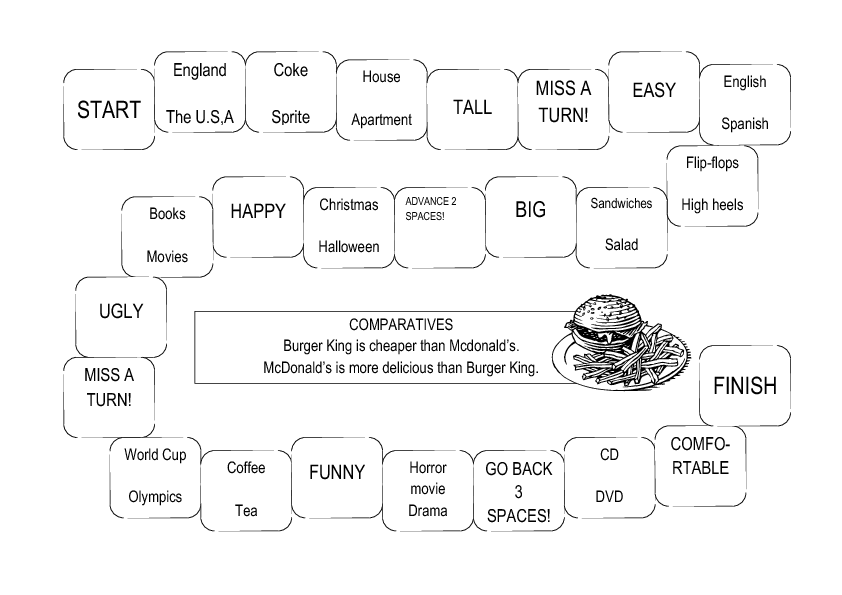 (Gas.)
(Gas.)
24. Form a short form of adjectives; distribute them in a table explaining the reasons why the formation of short forms is difficult or impossible; write short adjectives in a separate column.
Accidental, acquisitive, naive, principled, fraternal, lilac, worthy, proud, past, unusual, piebald, lilac, capable, healing, Hellenic, poetic, brown, boundless, beige, rotten, reasonable, thin, old, smart, the most beautiful, pumpkin, active, stupid, bay, poetic, furious, bachelor, long-standing, rude, cool, mischievous, heavy, buckskin, strong, fawn, delusional, funny, draft, sinful, wide, red, sharp, savrasy, mortal, strict, rotten, even-tempered, mocking, amiable, torrential, mottled, military, sisterly, icy, poorest, difficult, experienced, tasty, bookish, marked, businesslike, chalky.
25. Form short forms of adjectives. Make suggestions.
Sly, burnt, orange, sharp, dignified, burgundy, gray, difficult, lilac, evil, belated, delusional, torrential, draft, brown, backward, comical, human, black, blue, red, free, sour, rotten, meticulous.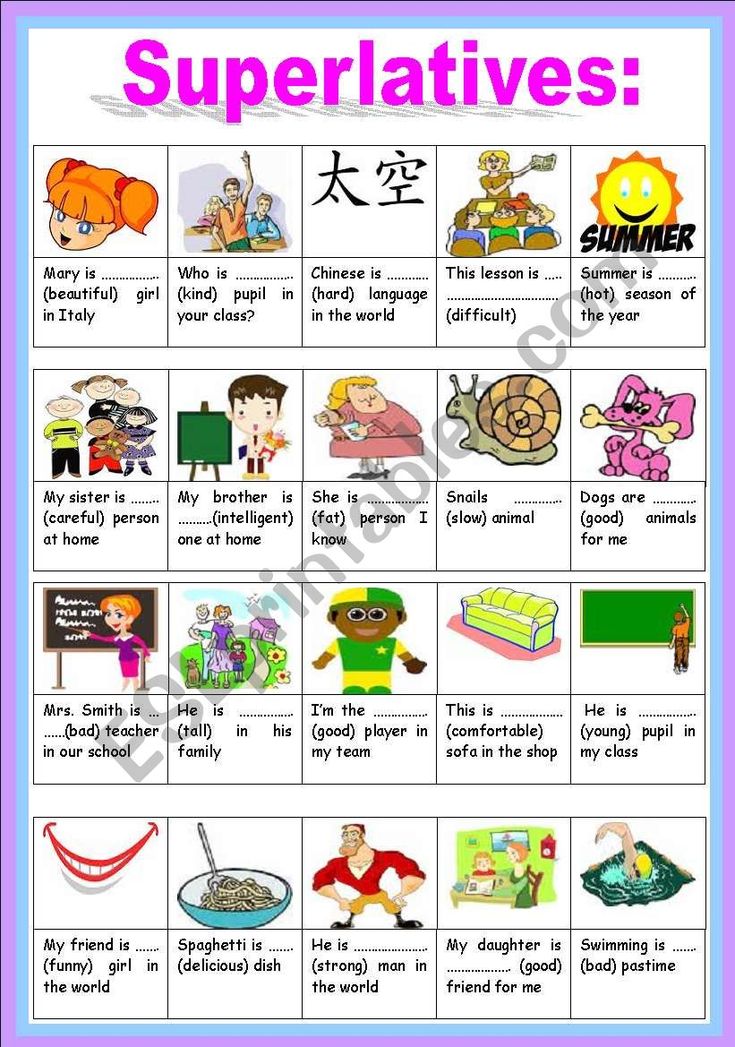
26. Open the brackets by converting the nouns in them into adjectives. Match them with the key word. Insert, where necessary, the missing letters, add the endings. Write down the adjectives used in simple and complex degrees of comparison.
1 My friend, whose childhood was spent near Orenburg, told me that (hare) drank stoves with droppings. (V. Peskov) 2 Before the (G, g) Ryunval_ battle (1410), in (B, b) Yelovskaya (P, p) more, a lot of (boar) and (deer) meat was prepared for the army. (V. Peskov) 3 The army of (I, and) van (G, g) different, moving to (K, k) azan, elks roamed. (V. Peskov) 4 I remember: at any time in the field it was possible to frighten off a trotter, and by nightfall, whole (hare) hordes gathered in the gardens to feast on bark (apple trees) and play in the moonlight. (V. Peskov) 5 The hall was crowded with people, but it was quiet in it, like on a windless (September) night in a field. (Ver.) 6 These statements are not a (policy) step, but a consequence of an opportunistic assessment of the situation.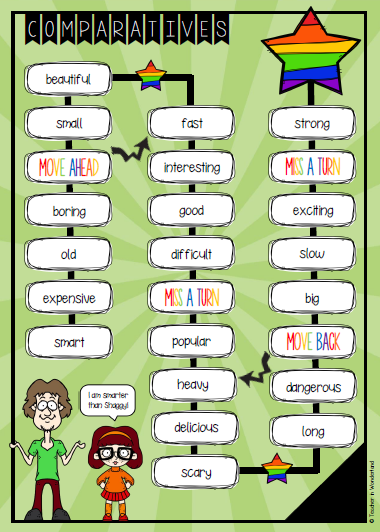 (Gas.)
(Gas.)
27. Open the brackets by converting the nouns in them into adjectives. Match them with the key word. Insert, where necessary, the missing letters, add the endings. Write down the adjectives used in simple and complex degrees of comparison.
1 Girls strive to look like the beauties of (gloss) magazines and get all the guys in the world. Both Ukraine and Russia emerged from this crisis with some ("image") losses. 2 Previously, in the building of the Polotsk (cadet) corps there was a (Jesuit) academy. 3 Clearly realizing that they have no electoral support, the oppositionists threaten to repeat the gloomy (Kyiv), (Bishkek) and (Tbilisi) scenarios_. 4 The preliminary cause of typhoid fever is the use of polluted (well) drinking water. 5 As the summit of the heads of state that took place showed, European integration is going through (bad - in the meaning of ‘bad’) times. 6 The EU is going through the most serious crisis in its half-century history, and its leadership does not find anything better than to postpone the solution of acute issues with the European Constitution, further expansion, etc.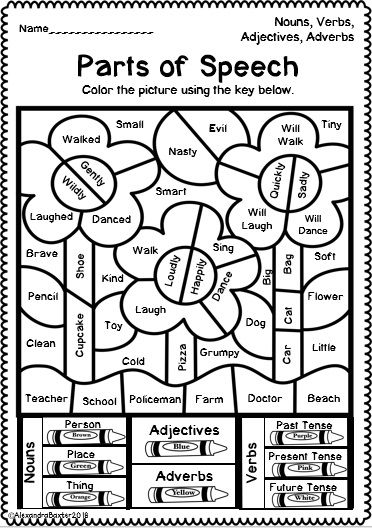 7 The amount of funds that a company can spend for its own needs when conducting compulsory insurance, is significantly lower in comparison with voluntary, while the technology in the first case is not at all simpler. 8 So by the end of the summer, when the dealers sell out the stocks of car-buffered Zhiguls, there won't be any new Lada cars cheaper than $5,000. (Gas.)
7 The amount of funds that a company can spend for its own needs when conducting compulsory insurance, is significantly lower in comparison with voluntary, while the technology in the first case is not at all simpler. 8 So by the end of the summer, when the dealers sell out the stocks of car-buffered Zhiguls, there won't be any new Lada cars cheaper than $5,000. (Gas.)
28. Fill in the missing letters.
Bucket excavator, Caucasian incident, viscous silt, industrial industry, talented scientist, calculating bride, trusting pensioner, ermine collar, tulle curtains, sorrel borscht, locust invasion, nomadic camp, chintz fabric, steady wind, rash act, watchtower, a memorable person, bean beds, a tempting offer, a lily of the valley smell, obsessive fears, a greek casserole, a pitiful look, a stern step, leaden clouds, a diligent student, annoying questions, a lilac sunset, a gluttonous puppy, a catchy outfit, a sailor's cabin.
29. Insert the missing letters, open the brackets.
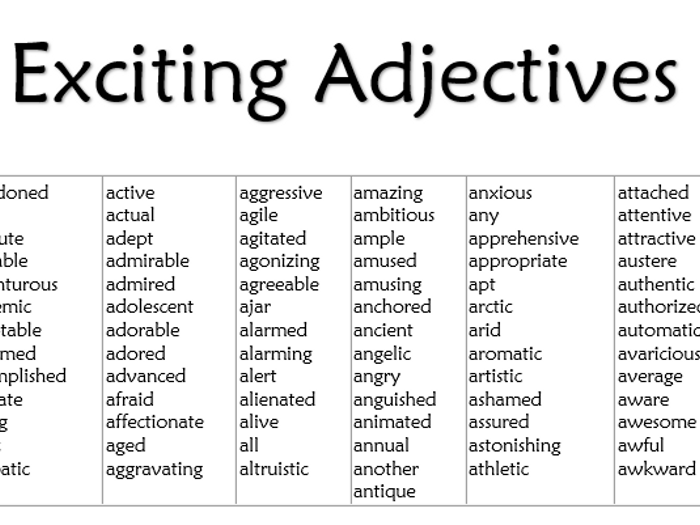
Move along the embankment, live in calm_, resentment (h, sh) ik, about writing_, n_ in no case_, about special_ spray_, binding_ik, rattle_nka, in this model_, in New Year's address_, about pandemonium_ on the roads, on behalf of the betters girlfriend_, in the upcoming decree_, about a subsidy, for building_ a house, polka-dot_cloth, about entering the premises_, about the Slavic tribes_, about the former diversity of flora and fauna, in a decorative panel_, in the office_ of trade, at a peasant farmstead_, report arrival_, in given the occasion, the frost was growing stronger, icy, in the Holy Scriptures, mutually beneficial cooperation, to the theatrical battle_, on the hill, on the battery, to be at a housewarming_, a rundown building, a blockage, in shallow water, a fountain, about an embankment, to keep dry, a palace lattice, in gorge_, about the artel_, raisin_nka, trident_ts, about the unknown villain_, in the distant past, when checking_ and revealing_ violations, on a stretched_face, about the profit_ of the store, in the death of people, after a quarrel that arose, with an increase in prices.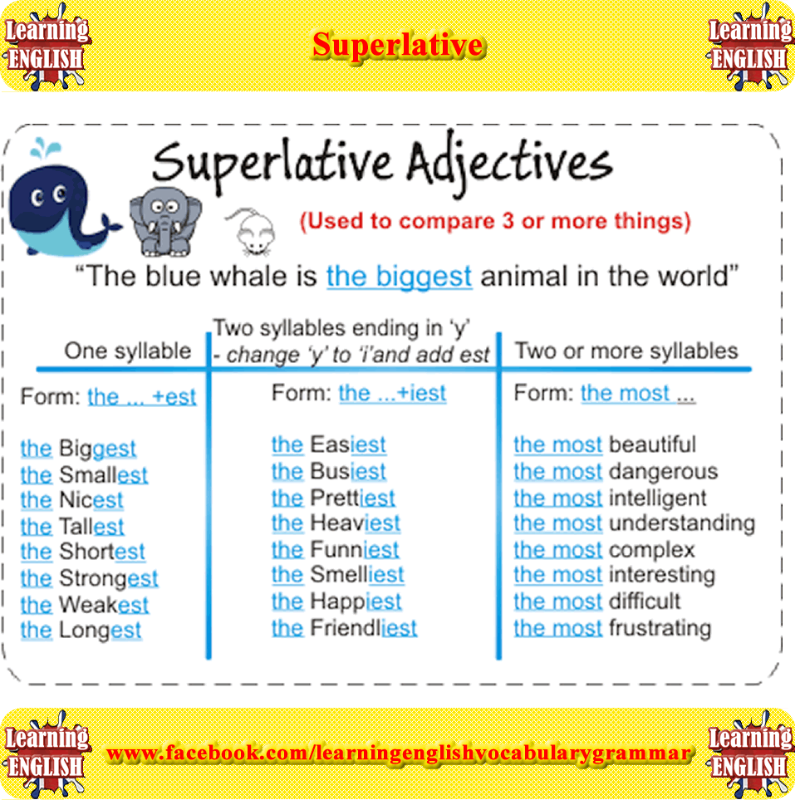
30. Insert the missing letters, open the brackets. Explain the spelling.
Fuel cells, on the brink of failure, obsessed with details, multi-stage process, oriental wild_nka, tinted_ shampoo, Gomel_ traffic police, three non-state_ taxis, ribbon pattern, debt contribution, about the census of wild animals, without cards, without much thought_ (thinking), unobtrusively to remind, rebirth to life, to be in Kazan, to walk along the alley, to write about lily_, in antiquity, about tragedy_, in case_, about misfortune_, overnight_, tubular, wonderful, gutta-perch_vy, along the Svisloch_, after illness_, the right way, rod_howl , innovation, kyrgyz_cue, to the bathhouse_ standing by the river, tables outlined with a gel pen, in place of the old box_, in viability_, in a new hypostasis_, at high speed_, in a different guise_, impudent_cue, dress, barefoot_cue, coat_tso, turé_china, unbreakable, oh broomstick_ , thoughtful answer, cotton dress, unobtrusive, with a smiling look, thoughtful; ashes_; three huge_queues, in the anti-icing mixture_, about increasing_ the cost_, about the degree_of_significance_, a broken tree, to the festival_, from a durable fabric_, to the tunic_, about a good_thing_, backstage_, in_communication to the charms of civilization_, sets of shash_k, when laying_ tables, from stainless steel became_, in the sound of music_, in a sparing_m mode_, at the target_, at the meeting_, to the mother-in-law, about jealousy_, in the largest store, on the front edge_.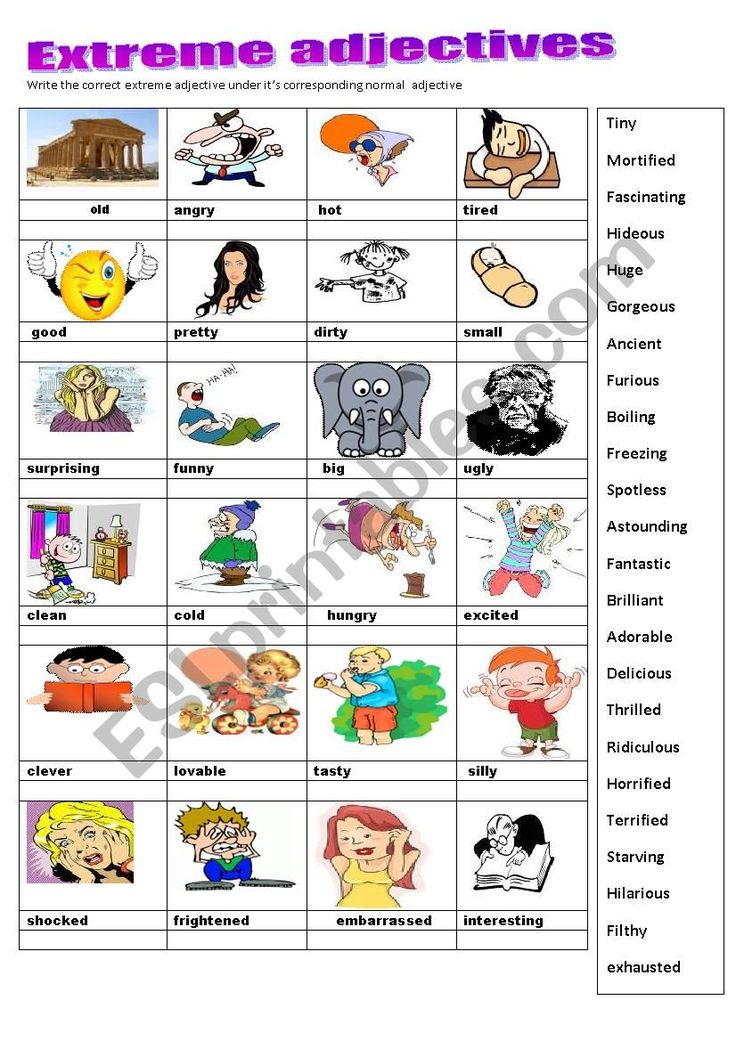
31. Insert the missing letters, open the brackets. Explain the spelling of the endings of nouns and adjectives.
In excitement_, in despair_, in calm_, in expectation_, about dry weather_, about the wrist_, in radiance_, in exile_, at the crossroads_, zenith_ik, building, spacing_ik, on dry_ tiles_, slippery_cue, gold miner, order_itsa, Croatian resort, film rental_ik, about inspiration_, about housewarming_, about fable_, in the worst case_, on hospital_treatment_, pop_chik, in this duel_, work as a nanny, men_sh_nstvo, about danger_, in name_, caring hosts, about spreading influence_, about a new idea_, on the square, participating in festival_, chintz_dress, larch_k, knot_k, load_ik, in the tram_, to the alley_, from the created_gosya field, in the purest_ crystal_, one of the main shrines_, accompanied by_, legendary_ power, about spherical that_, in ceremony_, in the beginning of learning_, without wings, stable, make sure of reliability, beads, last year, waited in line, permyak (Permyak), scrap of paper, key problem, labor party, warehouse, cash, overcoming poverty_, hung up, thoughtful th, scratchy, about our native land, next week, we’ll pass, shrew, raisin, health, evil non-payer, oh magician, in confusion, in_dl_vy, parquet_ik, asphalt_ik, flirtatious, tempting, friable, false-money_ik, report about the future, on the alley_ of the park , men_sh_nstvo, in the upper Dnieper, in an unexpected guise_, contributor, on a medal_, about callus_, about tulle_, four exhibition_ days, students from other cities.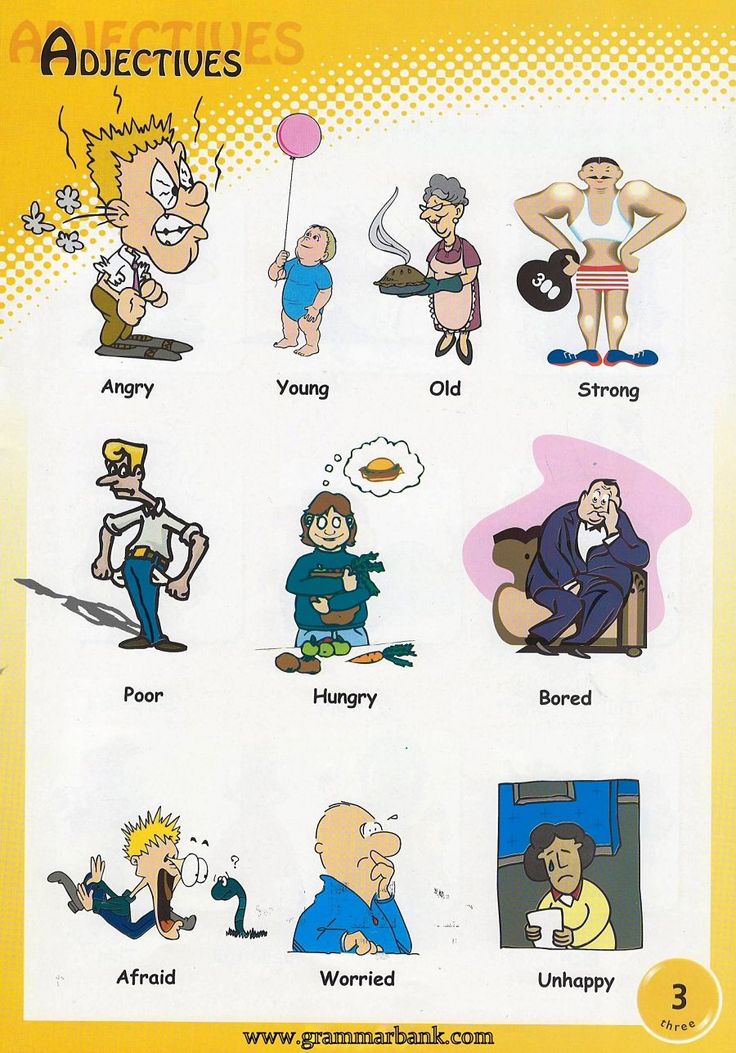
A set of tasks for the development of the vocabulary of adjectives in children with erased dysarthria | The outline of the lesson on the development of speech (senior group):
Drawing up a plan of correctional and speech therapy work on the formation of a dictionary of adjectives in children with an erased form of dysarthria was built taking into account the programs: “Program for the correction of speech impairment” Filicheva T.B., Chirkina G. AT.,; "A comprehensive educational program of preschool education for children with severe speech disorders (general underdevelopment of speech) from 3 to 7 years" N.V. Beggarly. And also on the basis of recommendations, tasks and exercises of such authors as: E.F. Arkhipova, G.V. Gurovets, V.A. Kiseleva, R.I. Lalaeva and N.V. Serebryakova, E.F.
When developing speech therapy work, all difficulties in mastering the dictionary of adjectives are taken into account. Directions of work are formed taking into account the levels of formation of a certain component of the adjective dictionary (from the most formed component to the less intact one)
stage is the maximum enrichment of the passive vocabulary of adjectives, while the parallel development of verbal-logical thinking, auditory attention and memory.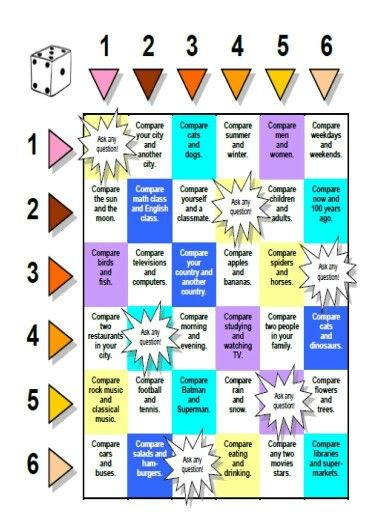 The development of passive vocabulary occurs mainly through riddles and guessing, which helps prepare children to expand the active vocabulary of adjectives.
The development of passive vocabulary occurs mainly through riddles and guessing, which helps prepare children to expand the active vocabulary of adjectives.
Speech therapy work at this stage is carried out in the following areas:
- To form the ability to separate an adjective from other parts of speech
- To form the ability to combine several adjectives into one big picture
- Development of a passive dictionary of antonyms
- Development of a passive dictionary of synonyms
Lesson 1.
Purpose: getting to know the group, familiarizing with team work, creating a positive atmosphere.
Activity:
- Greeting the children
- Writing a descriptive story about yourself using simple adjectives
- Writing a descriptive story about your friend using simple adjectives
- Mute phone game using color: a speech therapist tells the first child a combination of an adjective + noun (note: red apple).
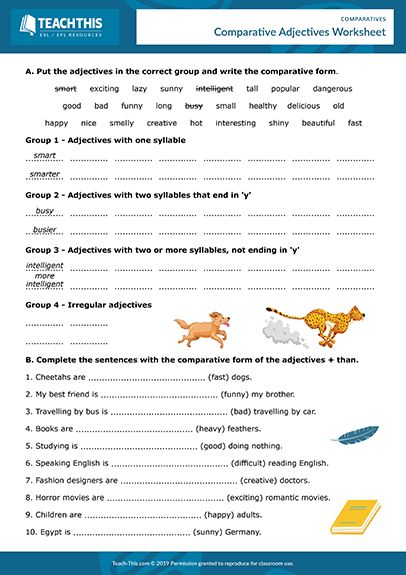 The last child says this phrase aloud
The last child says this phrase aloud - Game "Future Professions": the child tells what he would like to become in the future, and the speech therapist helps to complete the child's story with as many adjectives as possible.
Lesson 2.
Purpose: to teach children to separate adjectives from other parts of speech.
Equipment: hare, crocodile Gena, star, cheese, bagel, picture material.
Course of the lesson:
- Greeting children
- Game "Tell me about the subject." First, the hare gets, the speech therapist asks: “Who is this?” (nouns). Then the speech therapist begins to clarify: what color is he, what are his eyes, what are his ears, what is his tail (adjectives). We do the same with Gena the crocodile, a voluminous transparent star, triangular cheese, and a soft bagel.
- Game "What can be called?". The speech therapist asks the question: “What can be called cold?” (adjective). Children answer: snow, icicles, wind, etc.
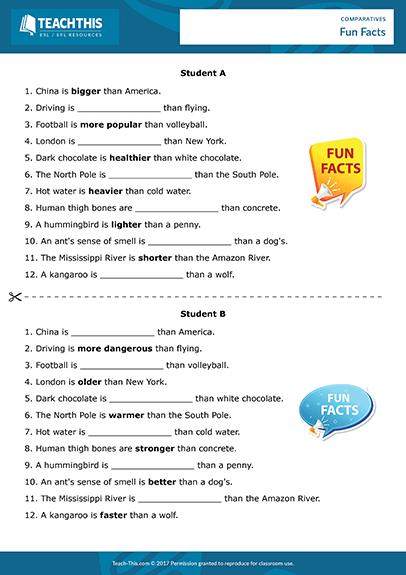 (noun). The next question is: “What actions can be called bad?” (adj.). Answers: shout, disobey, call names, get angry, etc. (verbs).
(noun). The next question is: “What actions can be called bad?” (adj.). Answers: shout, disobey, call names, get angry, etc. (verbs). - Game "Choose a sign?". The speech therapist shows a picture, for example, with a fur coat and asks the question: “What fur coat?”. Then he shows pictures with actions, for example, a picture where a boy helps his grandmother to cross the road. The question of the speech therapist: "What action did the boy do?". Children respond with adjectives.
Lesson 3.
Purpose: to teach children to combine several adjectives into one big picture
Equipment: ball, tambourine, crow, bear, container, picture material
Activity:
- Greeting children
- Game “Guess” subject". The speech therapist hides an object behind a screen, for example, a ball. And with clarifying questions helps children guess what he hid. For example: it is round, soft, light. Other items: tambourine, crow, bear.
- Chef game.
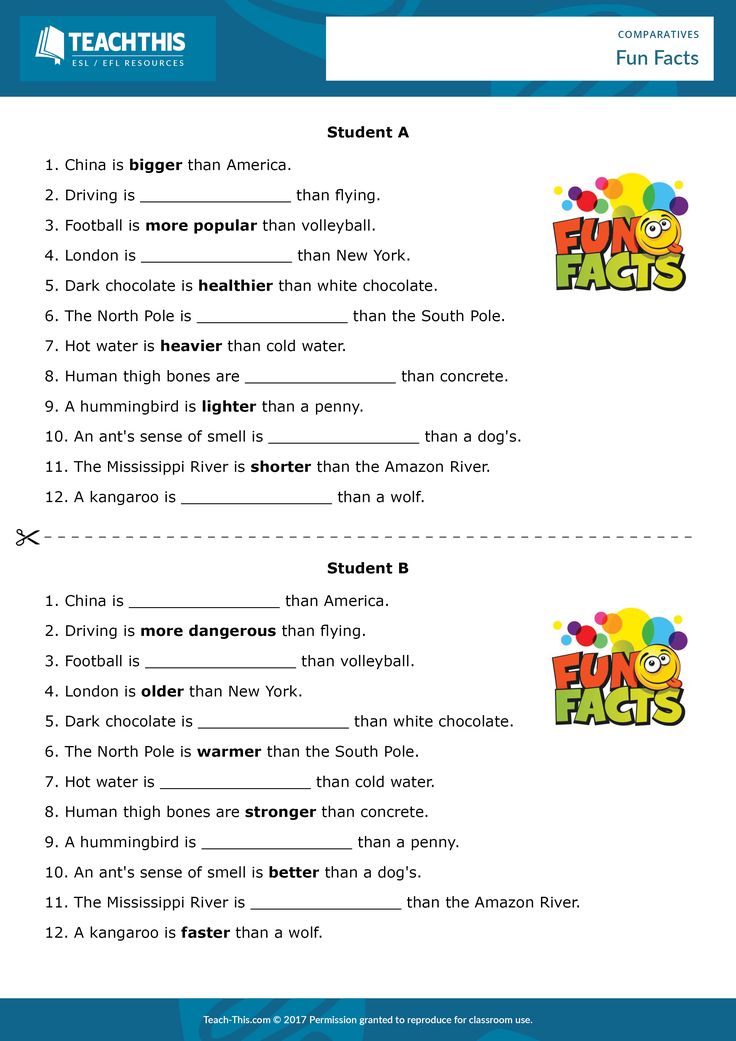 The speech therapist puts a container under the “dish” and together with the children begins to cook soup: potatoes (what?), cabbage (what?), beets (what), etc. At the end, the speech therapist asks the question: “What kind of soup did we get?”. Children's answers: "Delicious, rich, red, healthy, etc." We cook compote in the same way.
The speech therapist puts a container under the “dish” and together with the children begins to cook soup: potatoes (what?), cabbage (what?), beets (what), etc. At the end, the speech therapist asks the question: “What kind of soup did we get?”. Children's answers: "Delicious, rich, red, healthy, etc." We cook compote in the same way. - Tell me about your toy. The child should talk about his favorite toy, naming only its features.
Lesson 4.
Purpose: to develop a passive dictionary of adjective antonyms
Equipment: picture material, large and small balls, long and short pencils, wide and narrow pebbles.
Course of the lesson:
- Greeting children
- First, the speech therapist explains that there is such a category of words - antonyms. They mean the opposite meaning or "words are the other way around." And gives examples of antonyms
- Find another word game. The speech therapist reads the text: “The guys came across a small stream in the forest and decided to cross it.
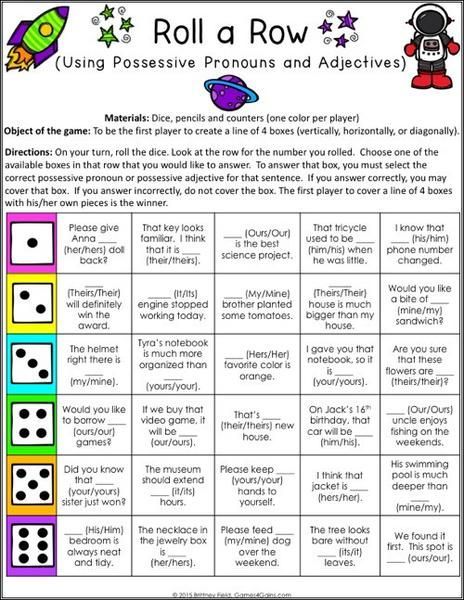 Misha found a thin log and threw it across the stream, walked along it and fell. Then Vanya and Kostya found a thick log and laid it on the banks of the stream. Having crossed the stream, they began to dry Misha's clothes. Then the speech therapist asks questions: “Which log did Misha bring first?”, “And what log did the boys find later?”. Clarify that the opposite of the word "thin" is "thick".
Misha found a thin log and threw it across the stream, walked along it and fell. Then Vanya and Kostya found a thick log and laid it on the banks of the stream. Having crossed the stream, they began to dry Misha's clothes. Then the speech therapist asks questions: “Which log did Misha bring first?”, “And what log did the boys find later?”. Clarify that the opposite of the word "thin" is "thick". - "Travel the path." On the right on a piece of paper there are objects: a large car, a thick tree, a tall house, a wide road, daylight hours. And on the left are opposite objects. First, the child leads the paths, and then, together with the speech therapist, correctly voices the antonyms.
- “Put it back.” The speech therapist makes a visual square (with ribbons or pencils). In the middle lays out large and small balls, long and short pencils, wide and narrow pebbles. Turning to the child, the speech therapist asks to take a certain object and put it on the right, left, above or below the square.
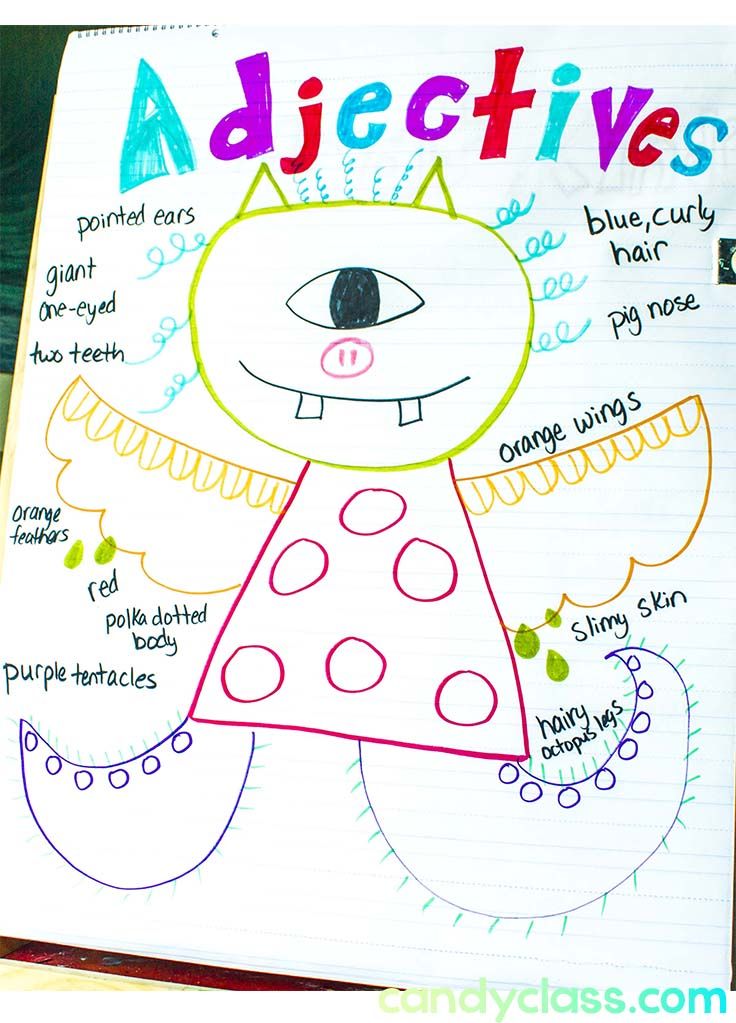
Learn more

